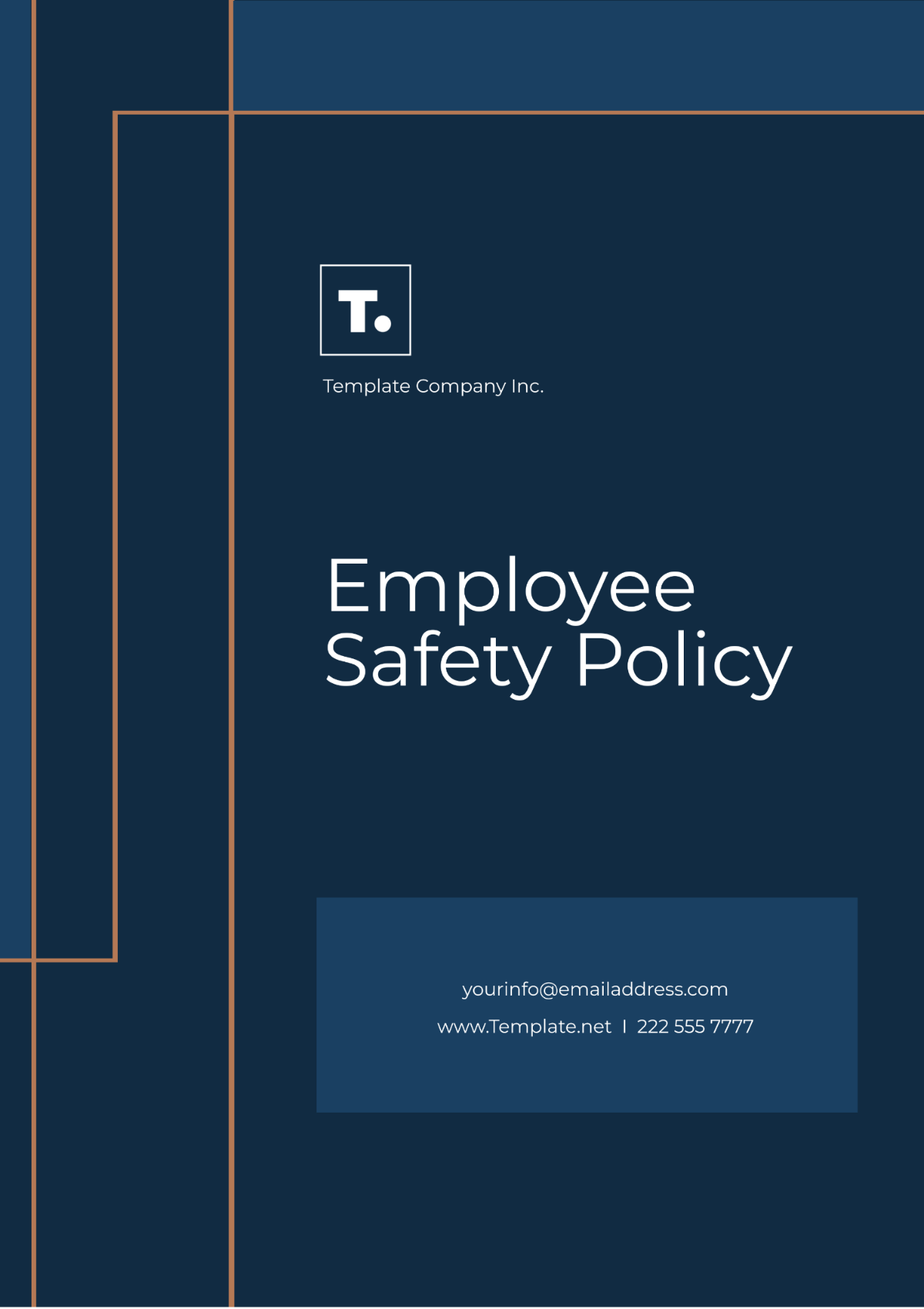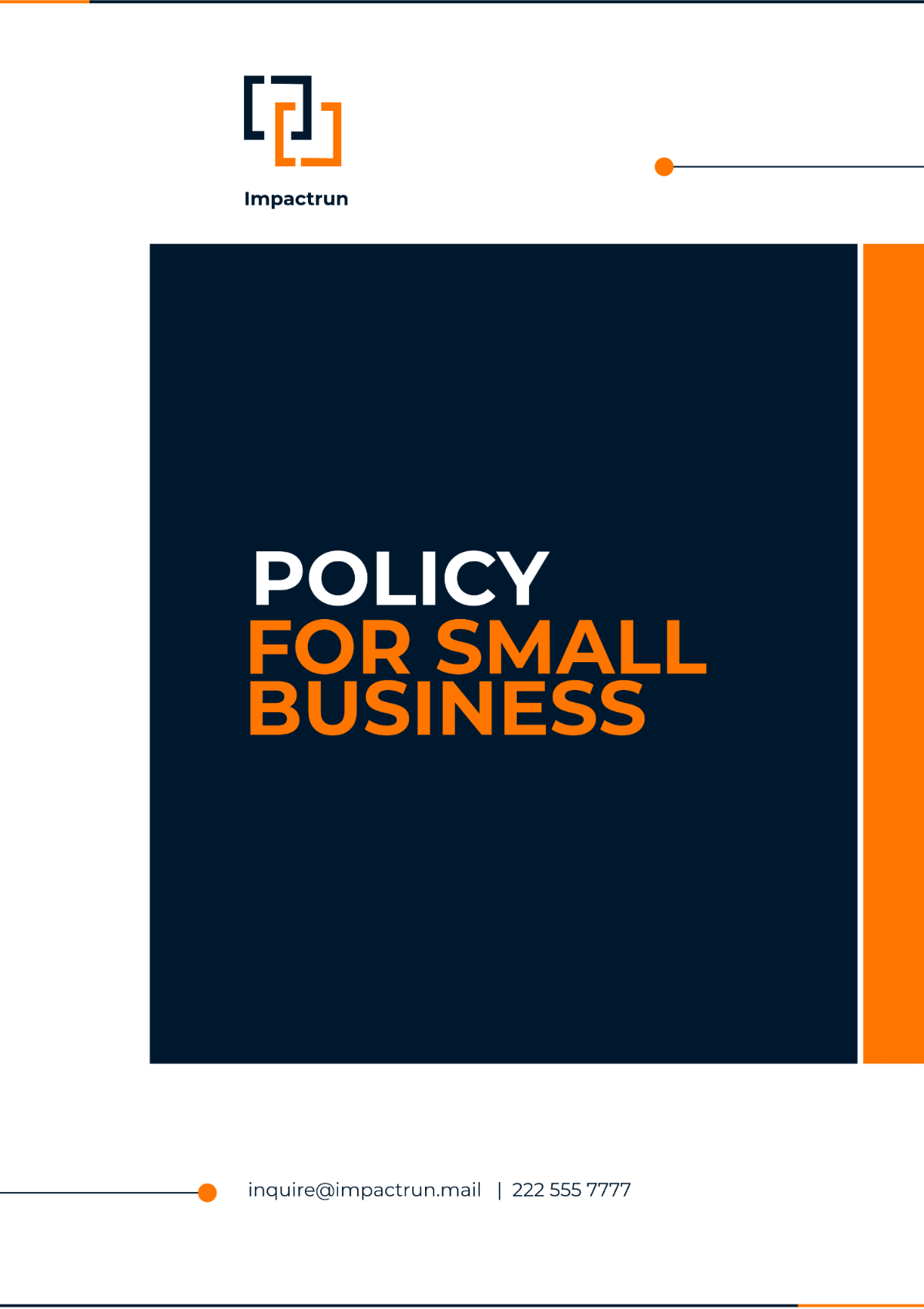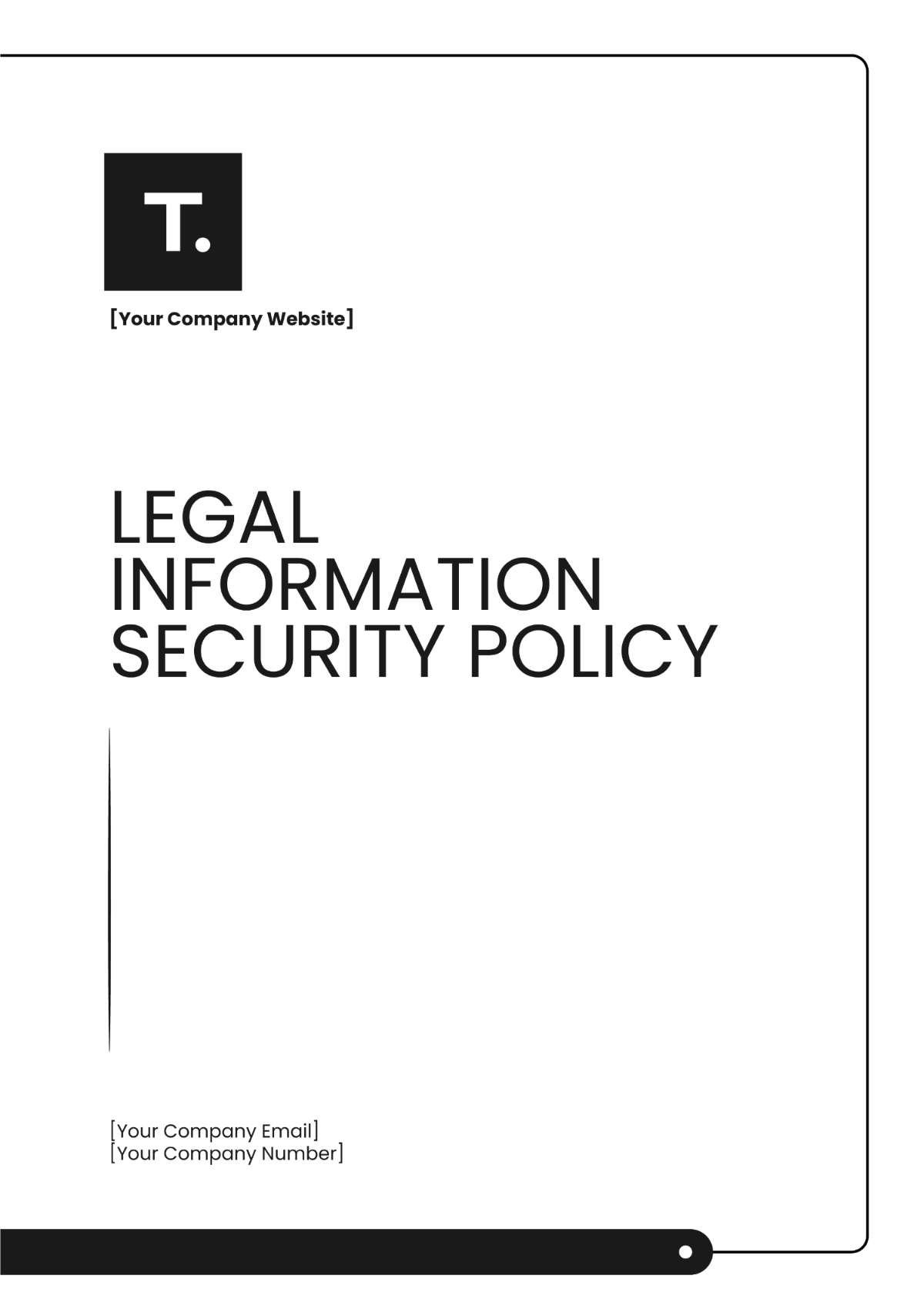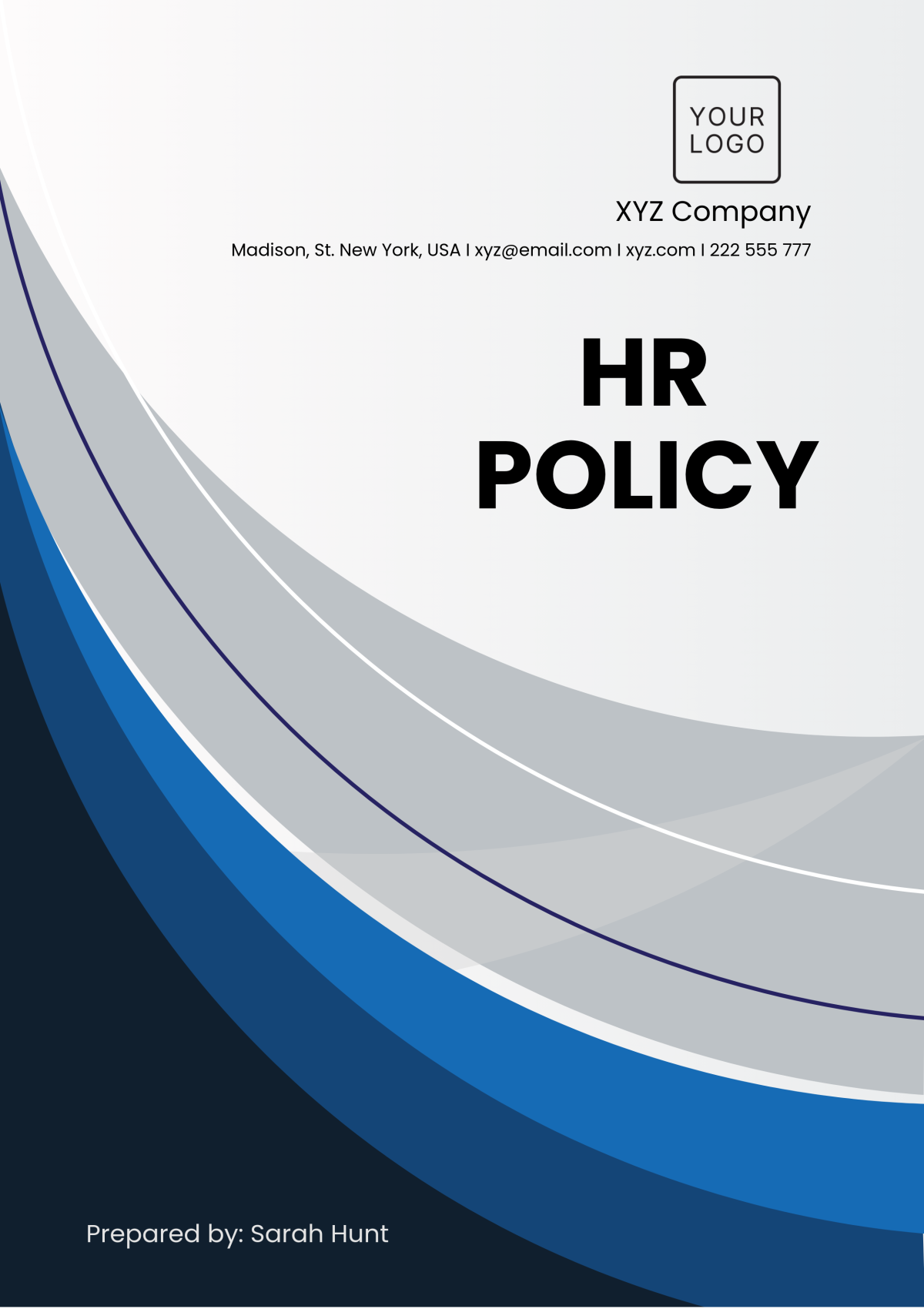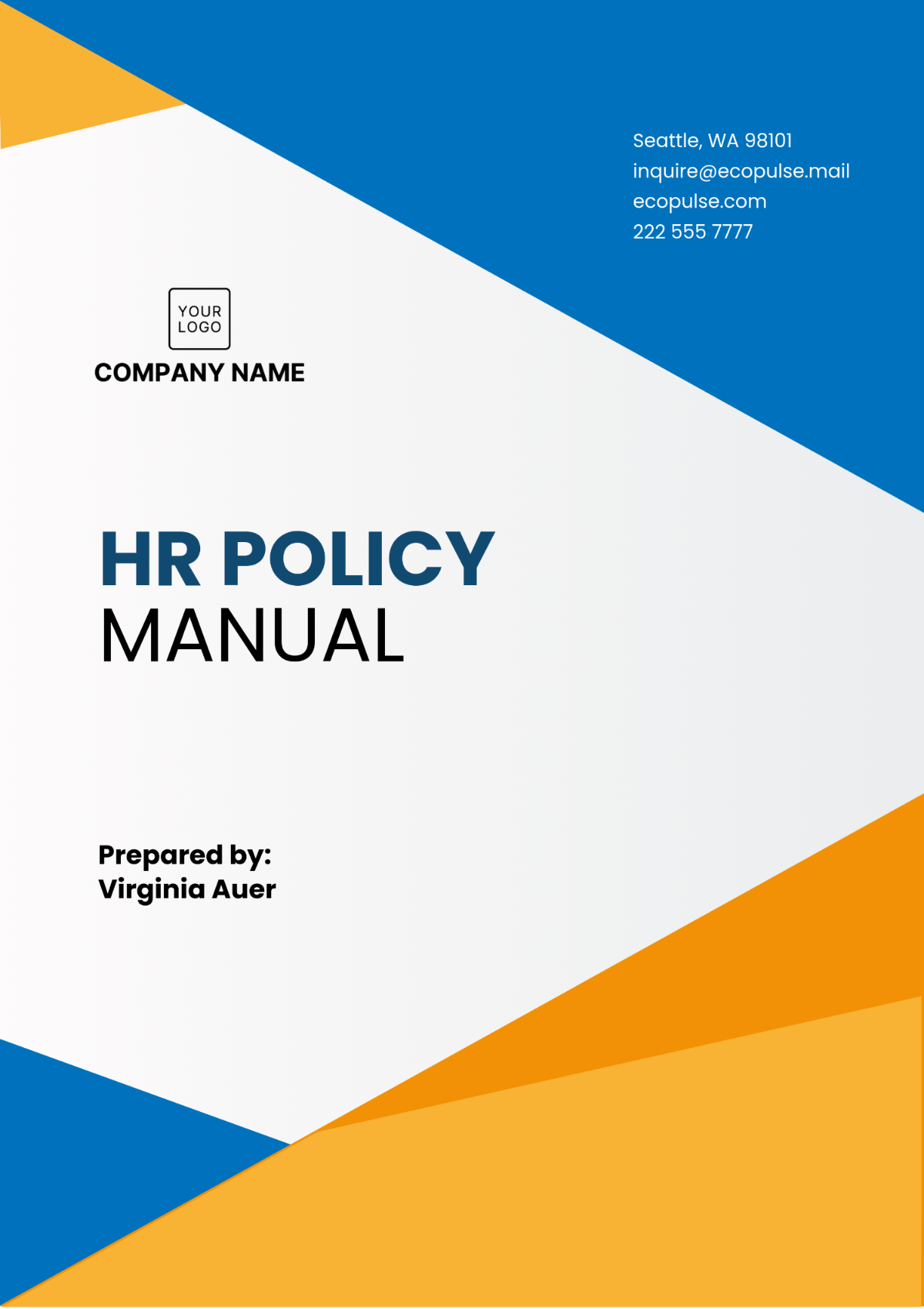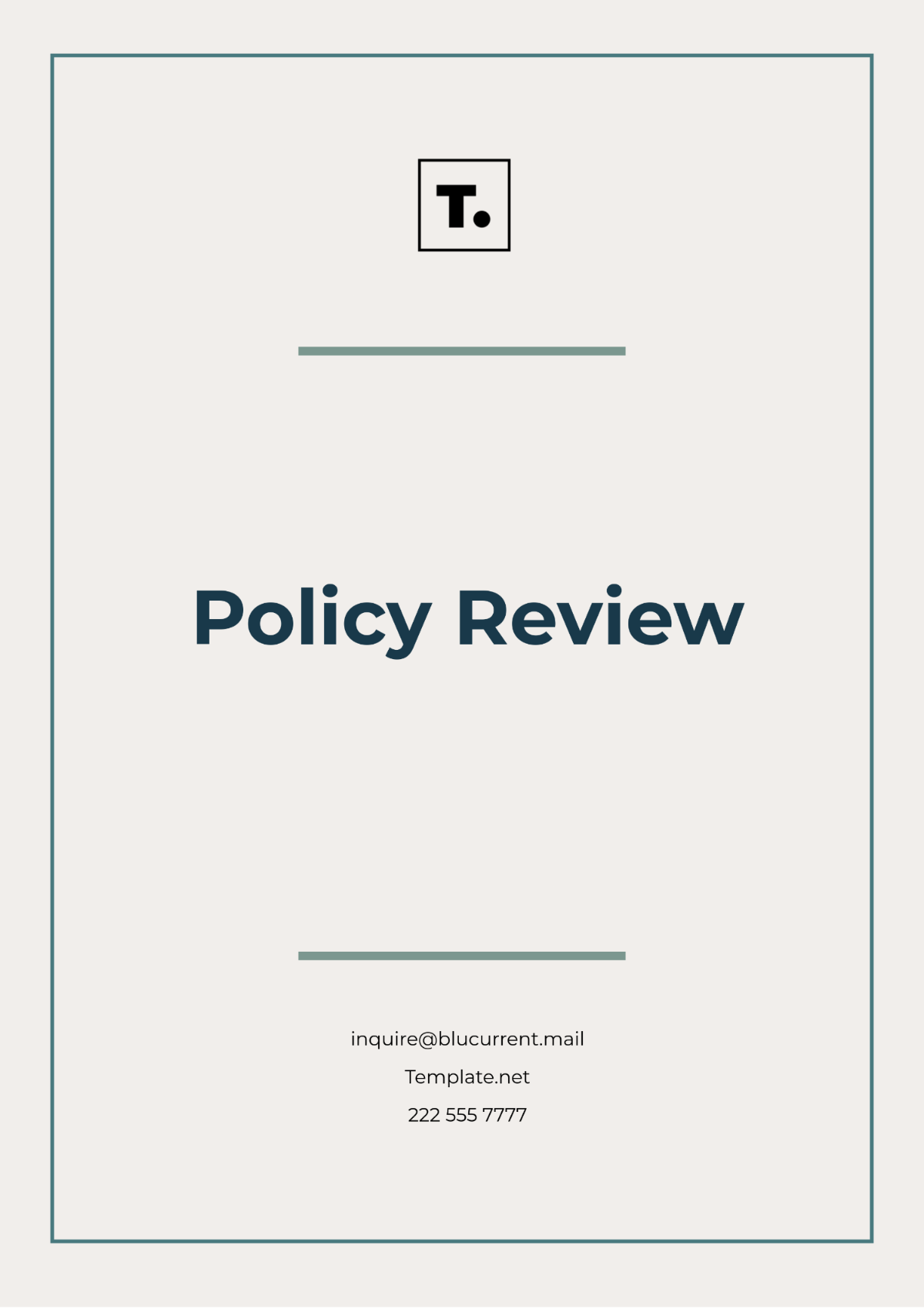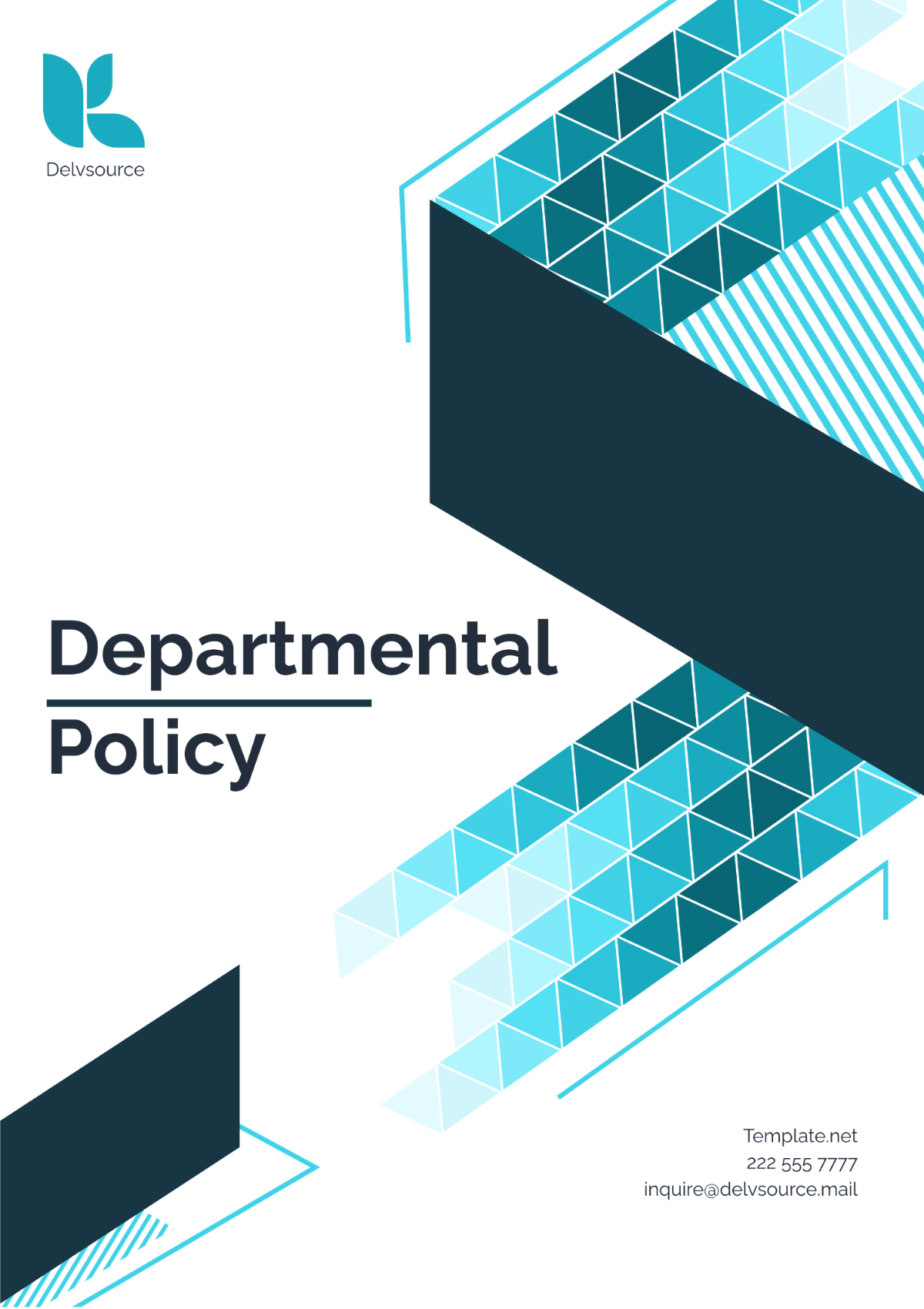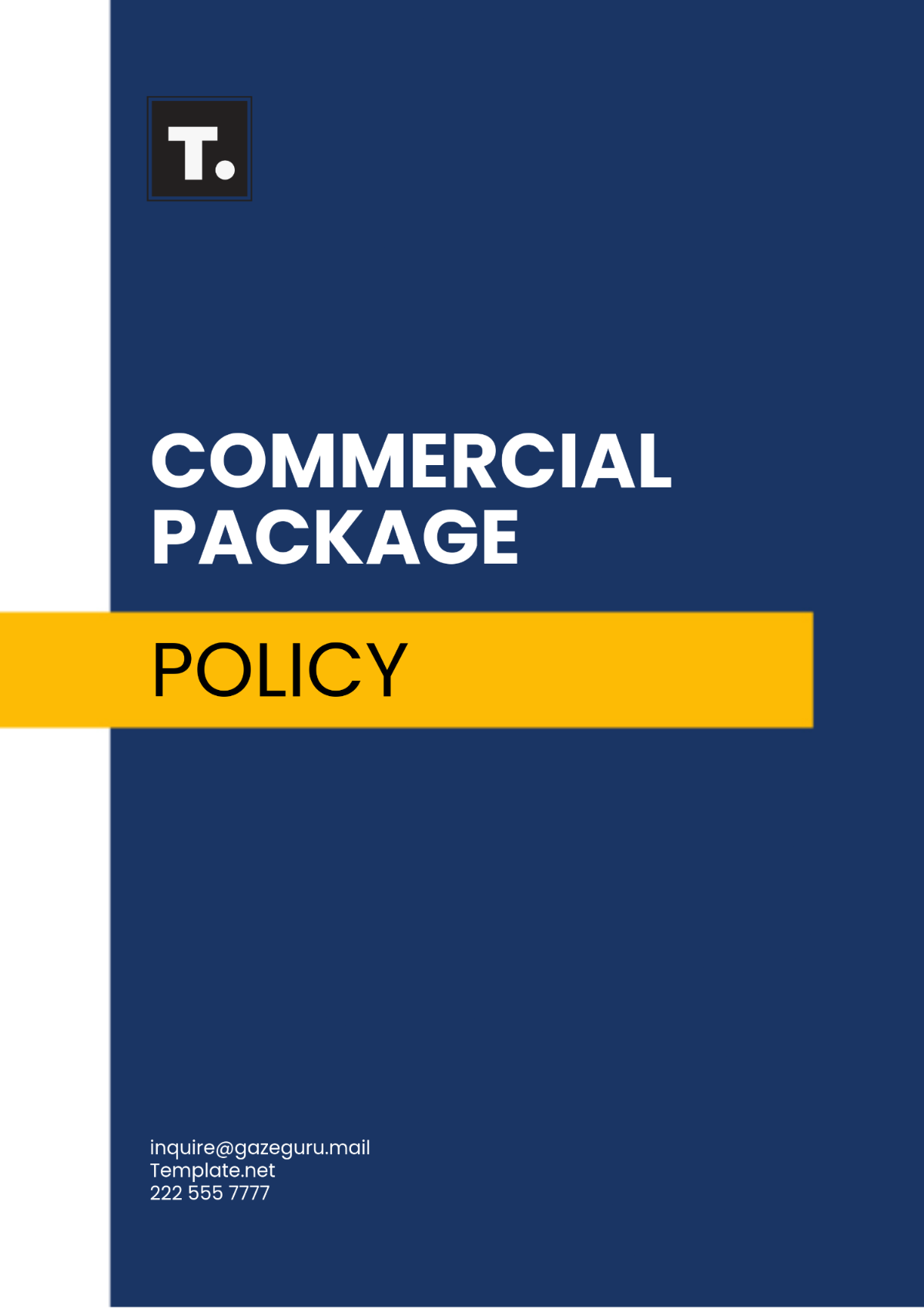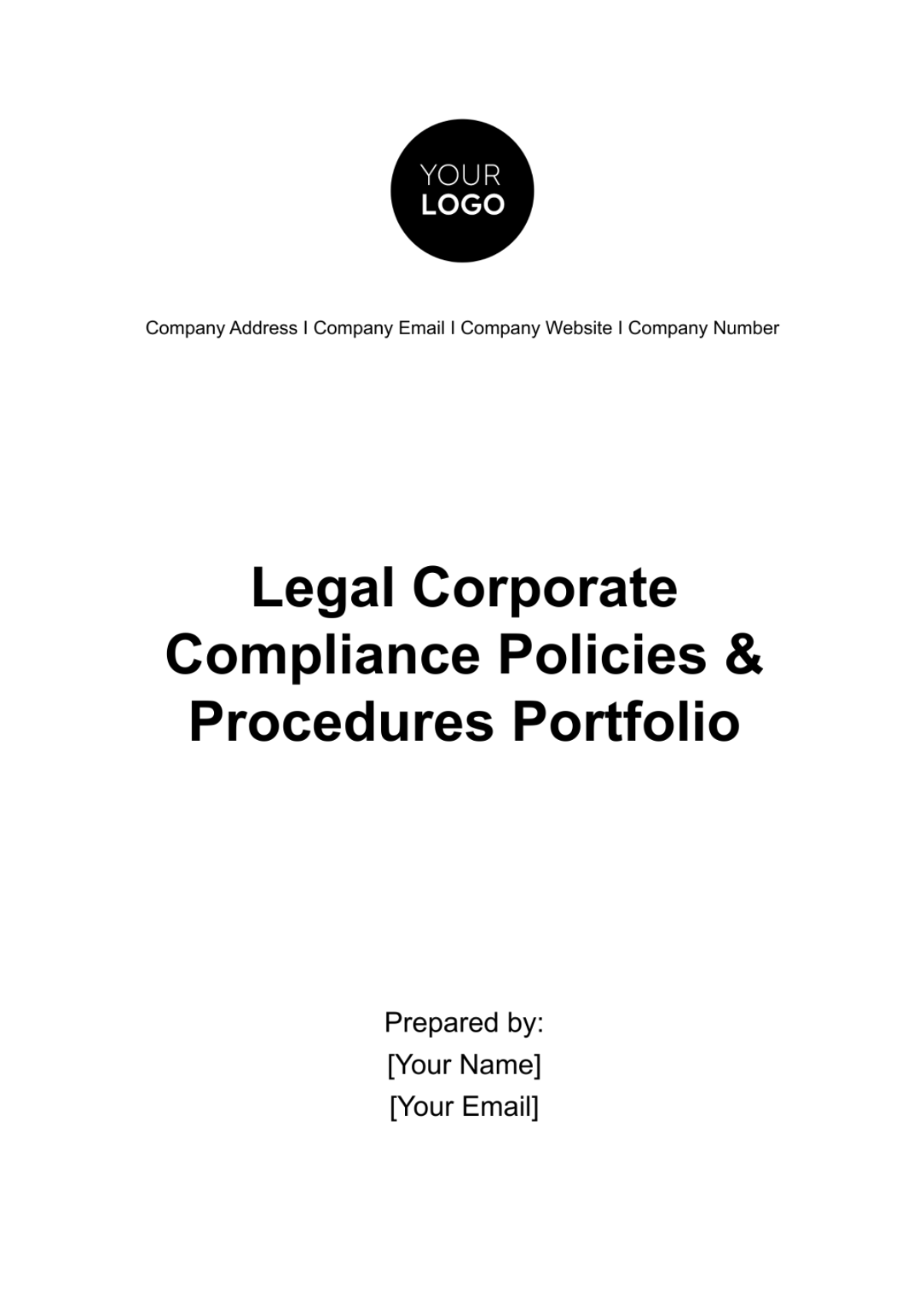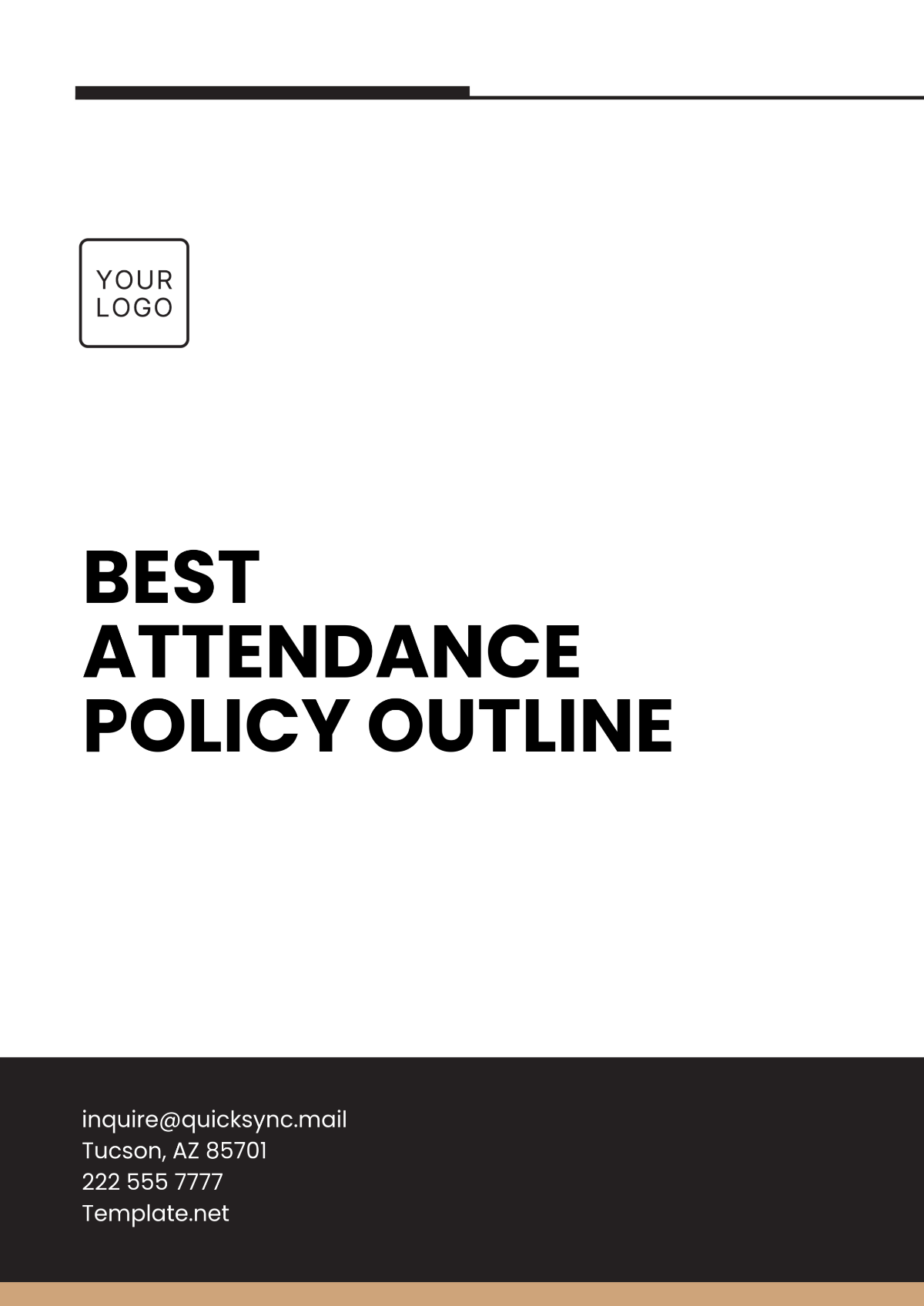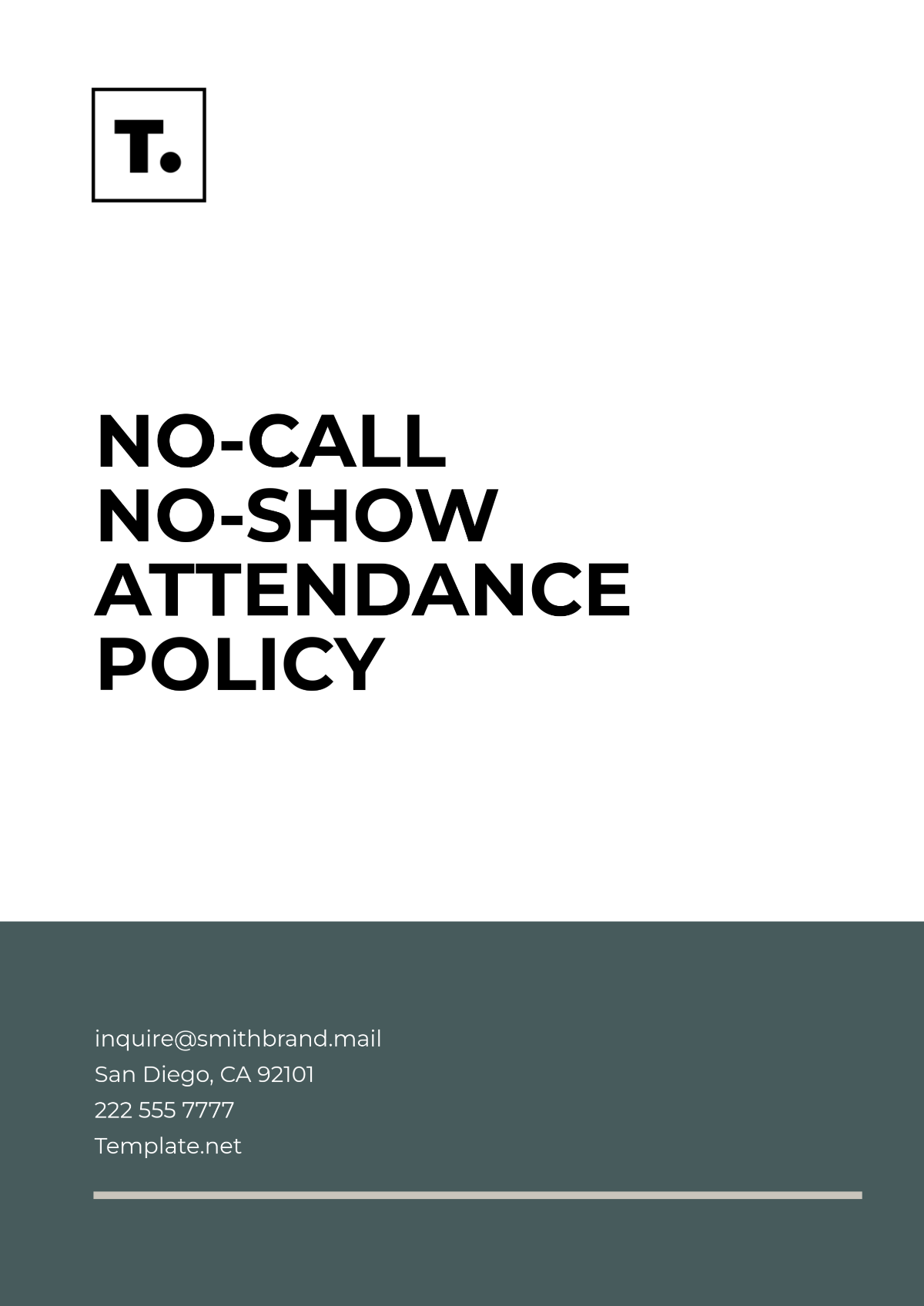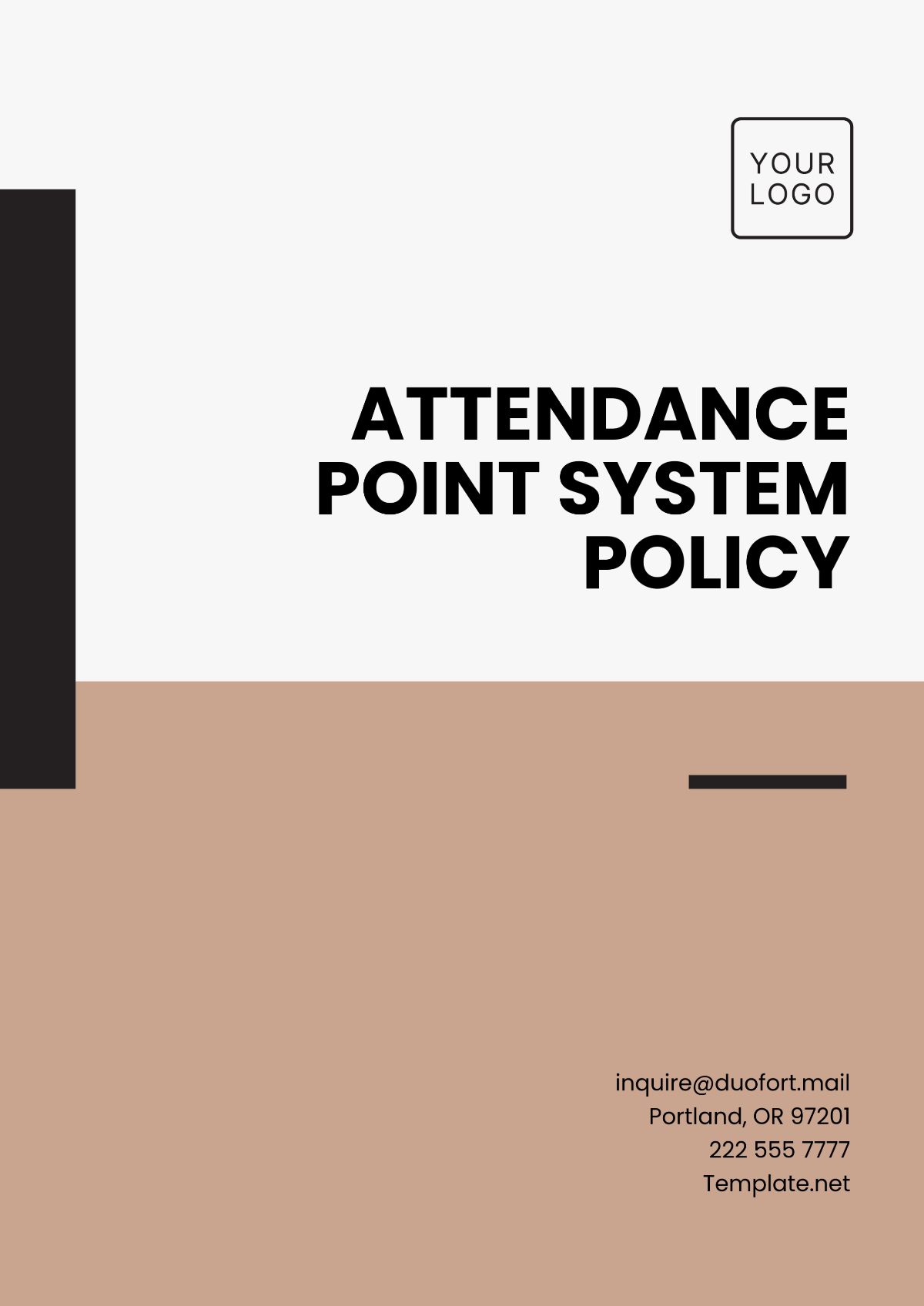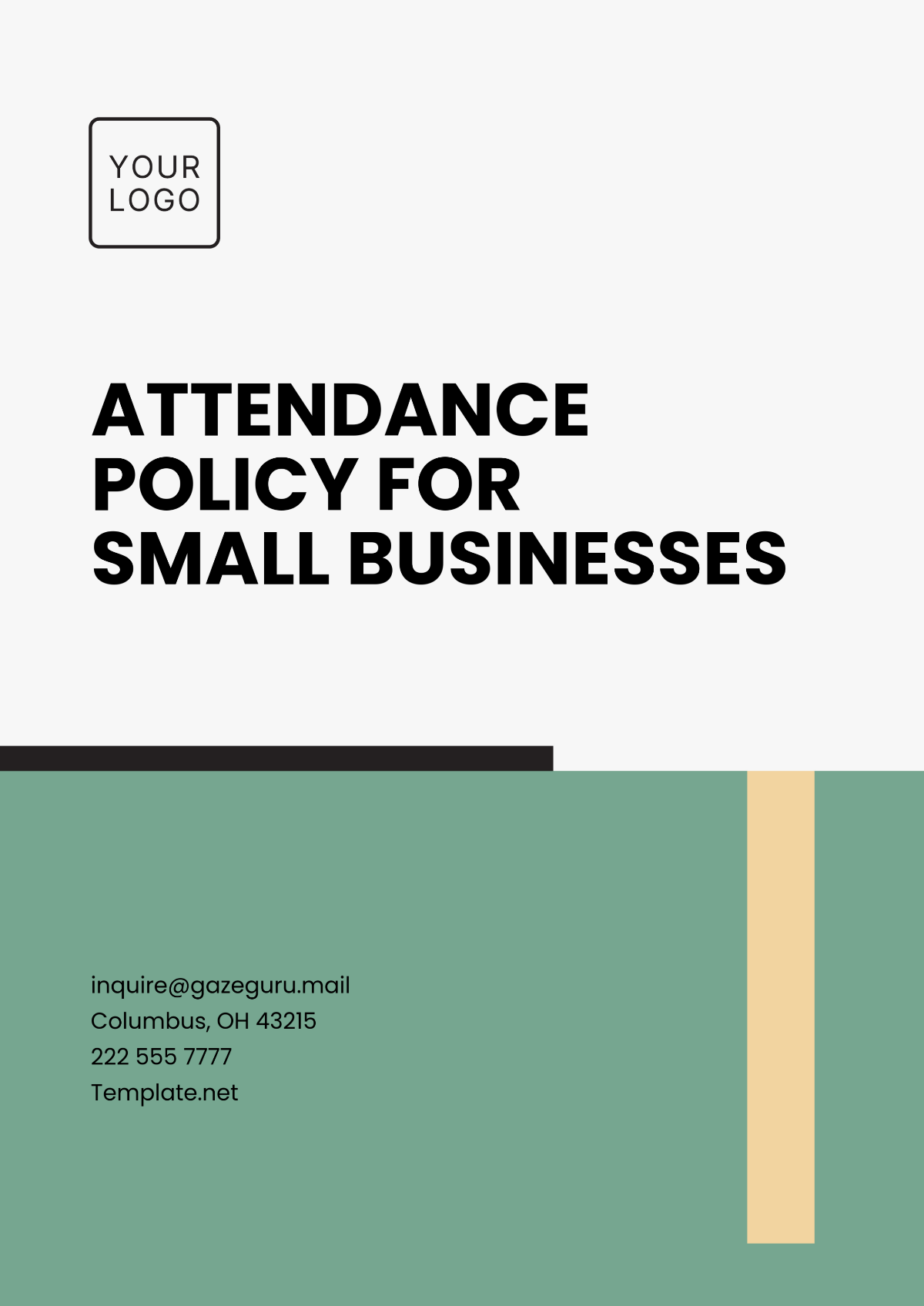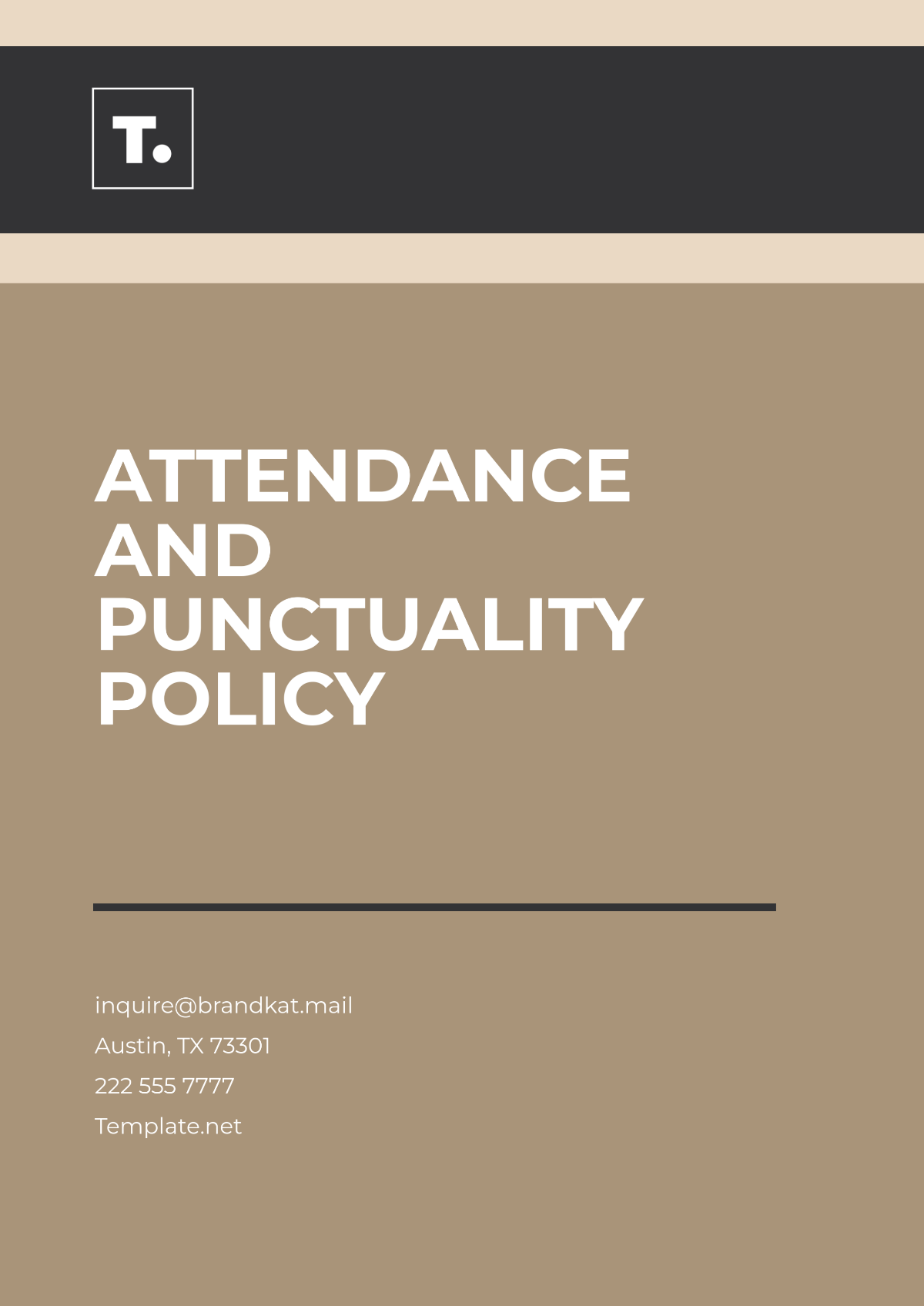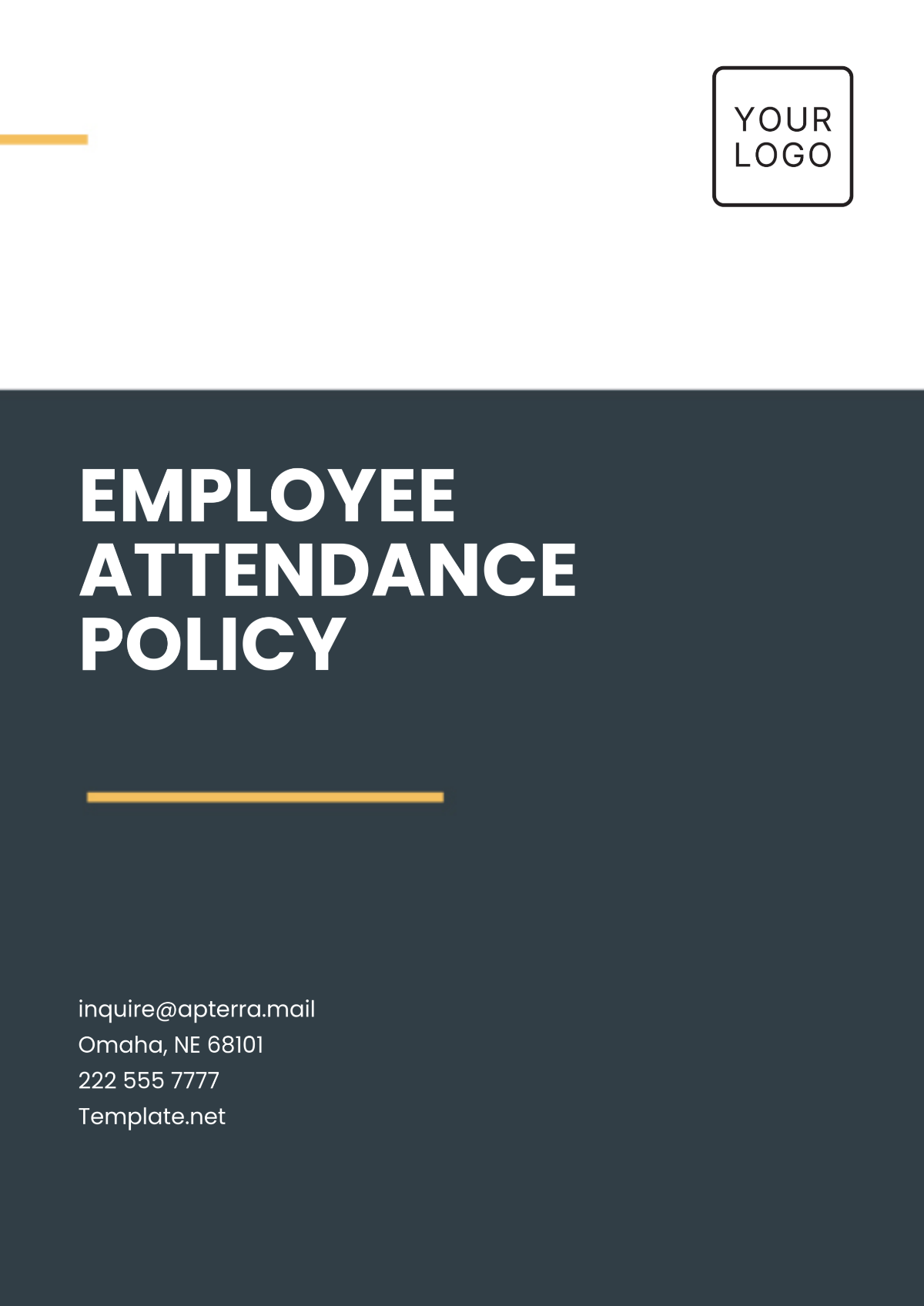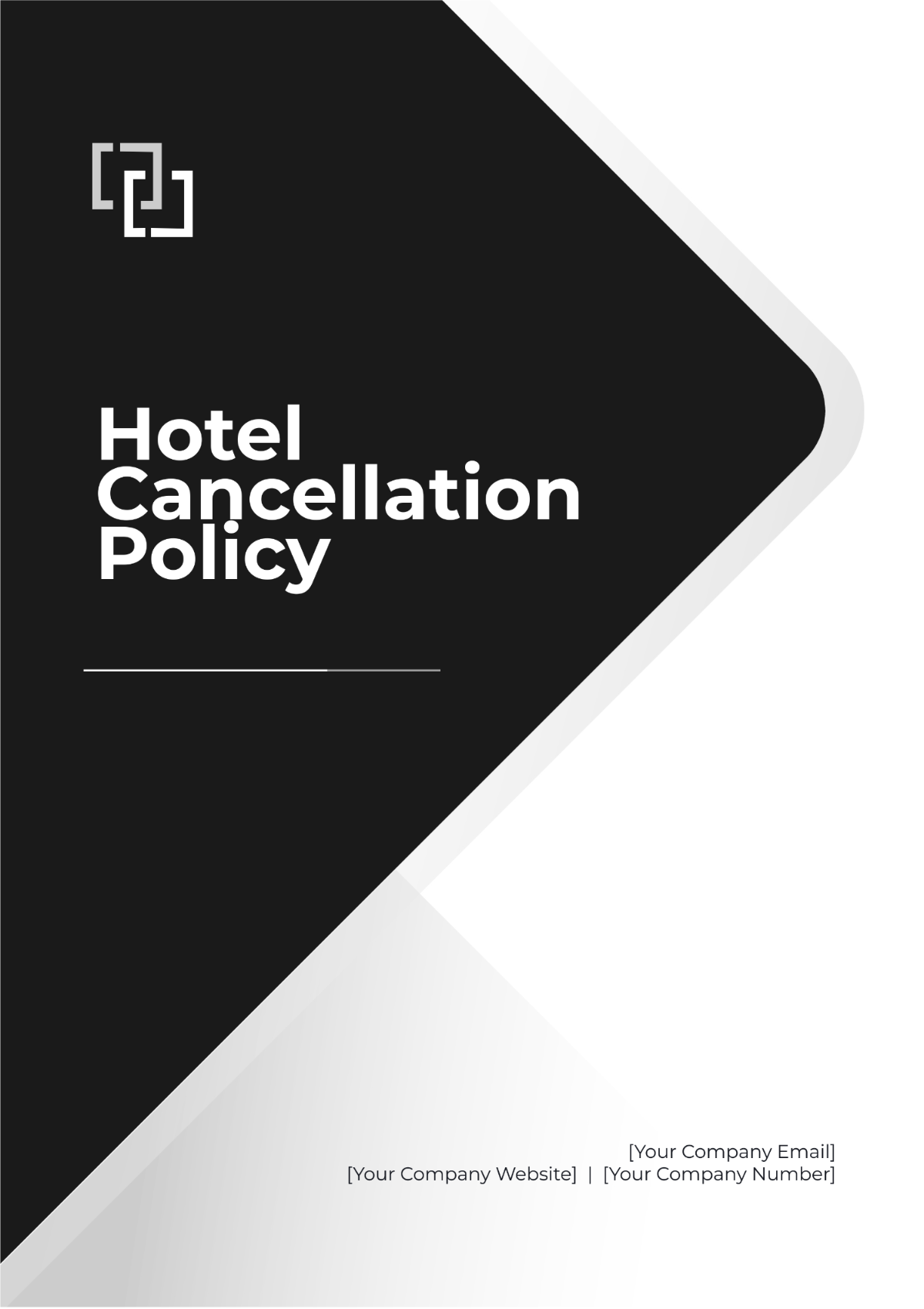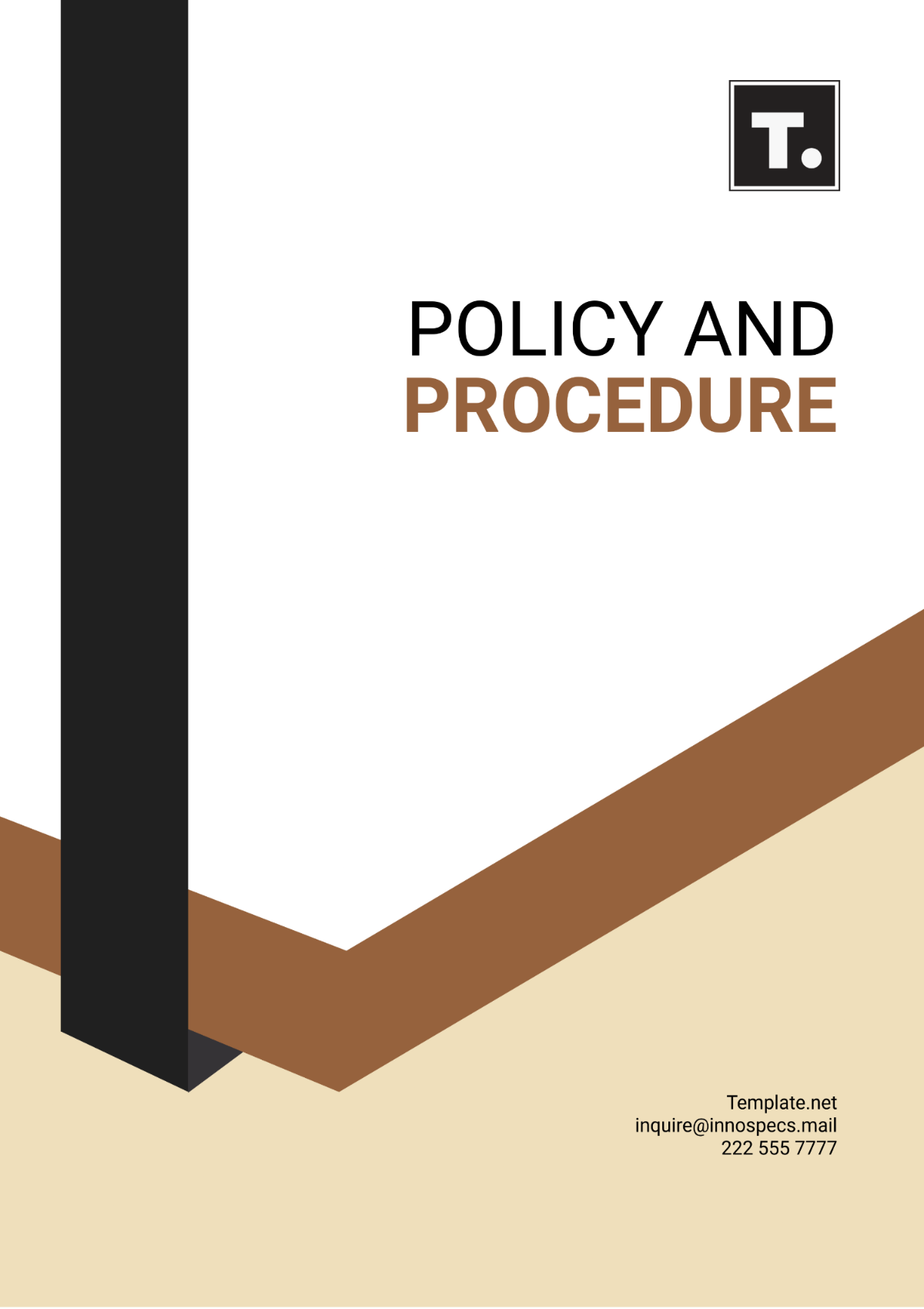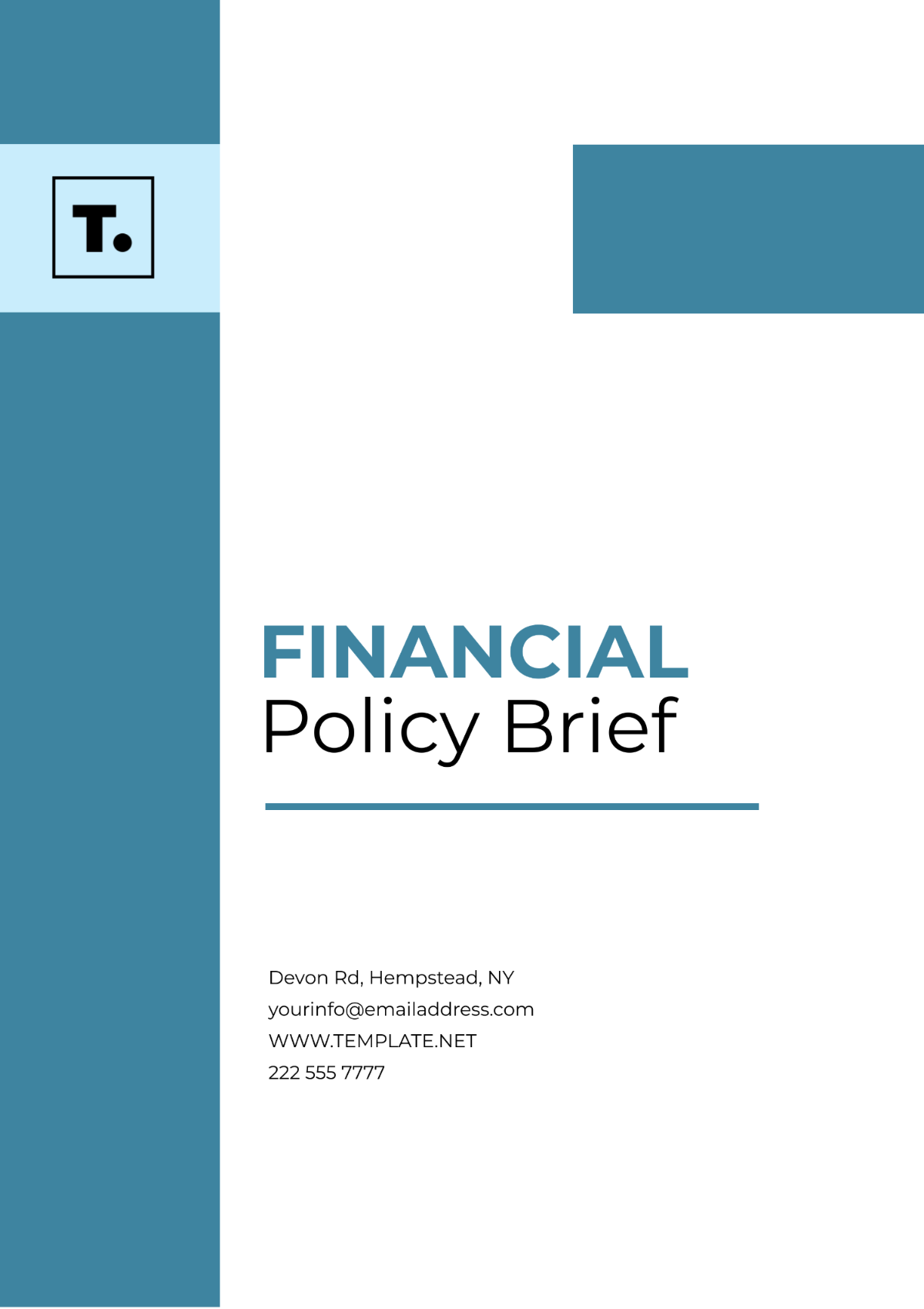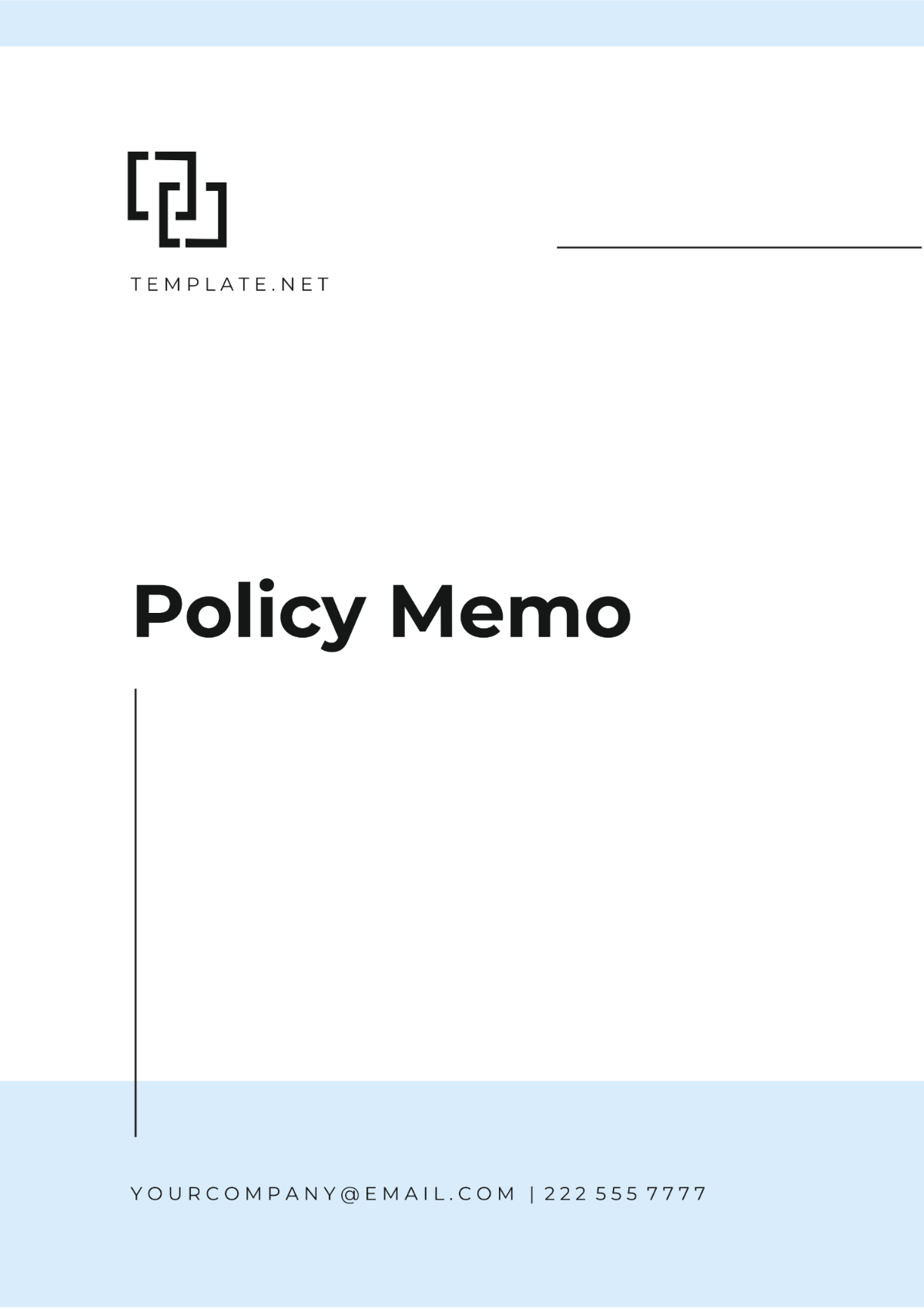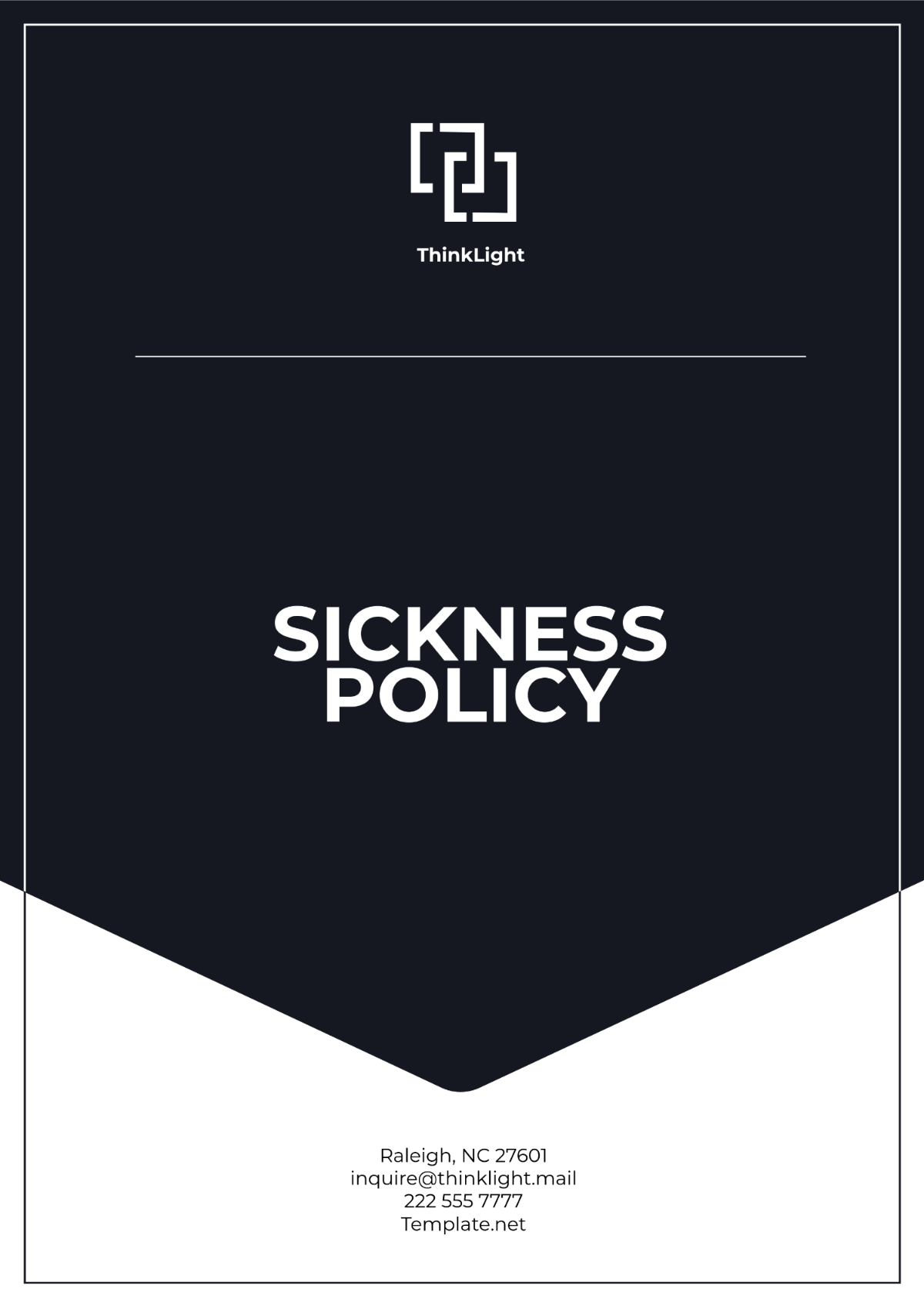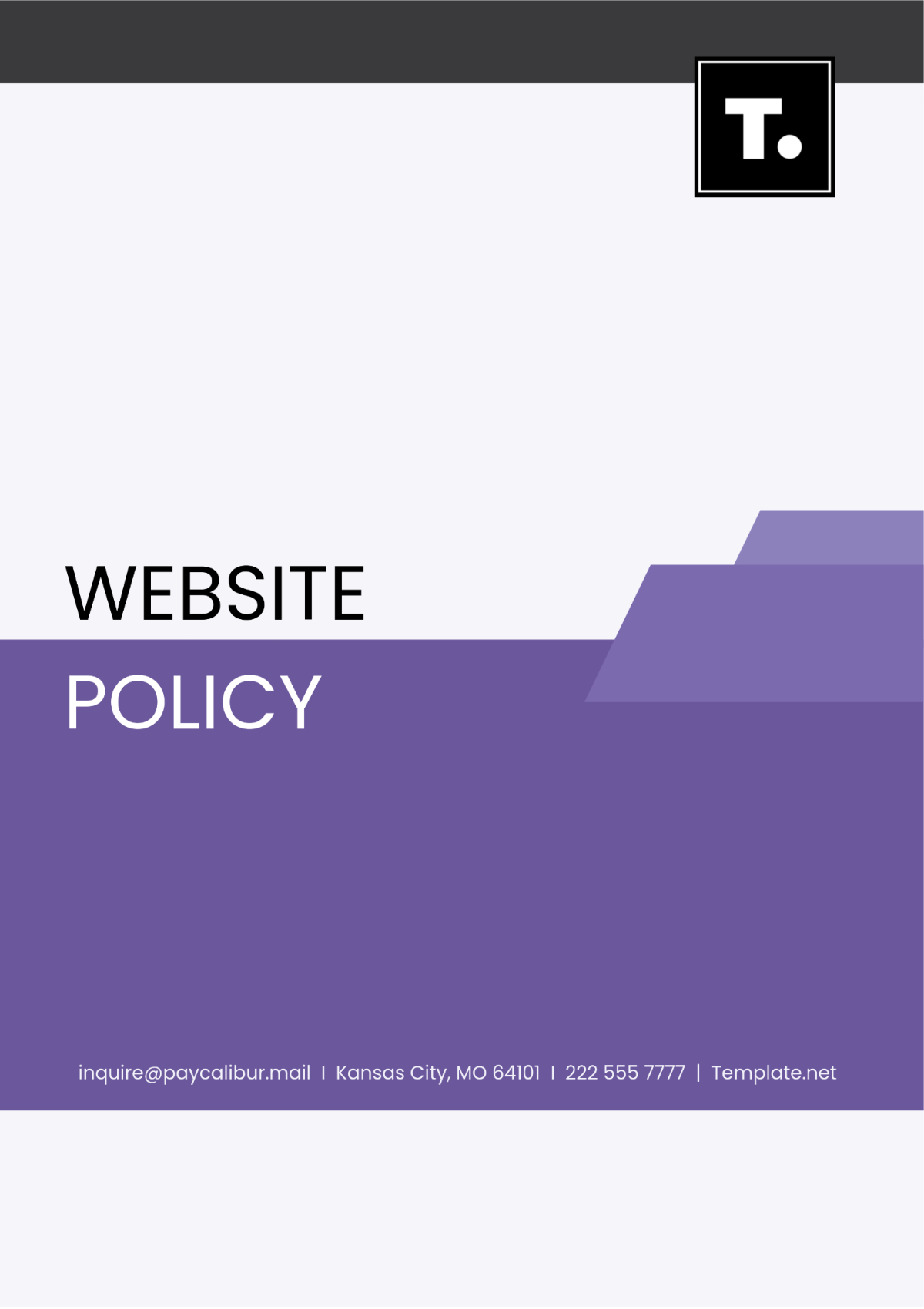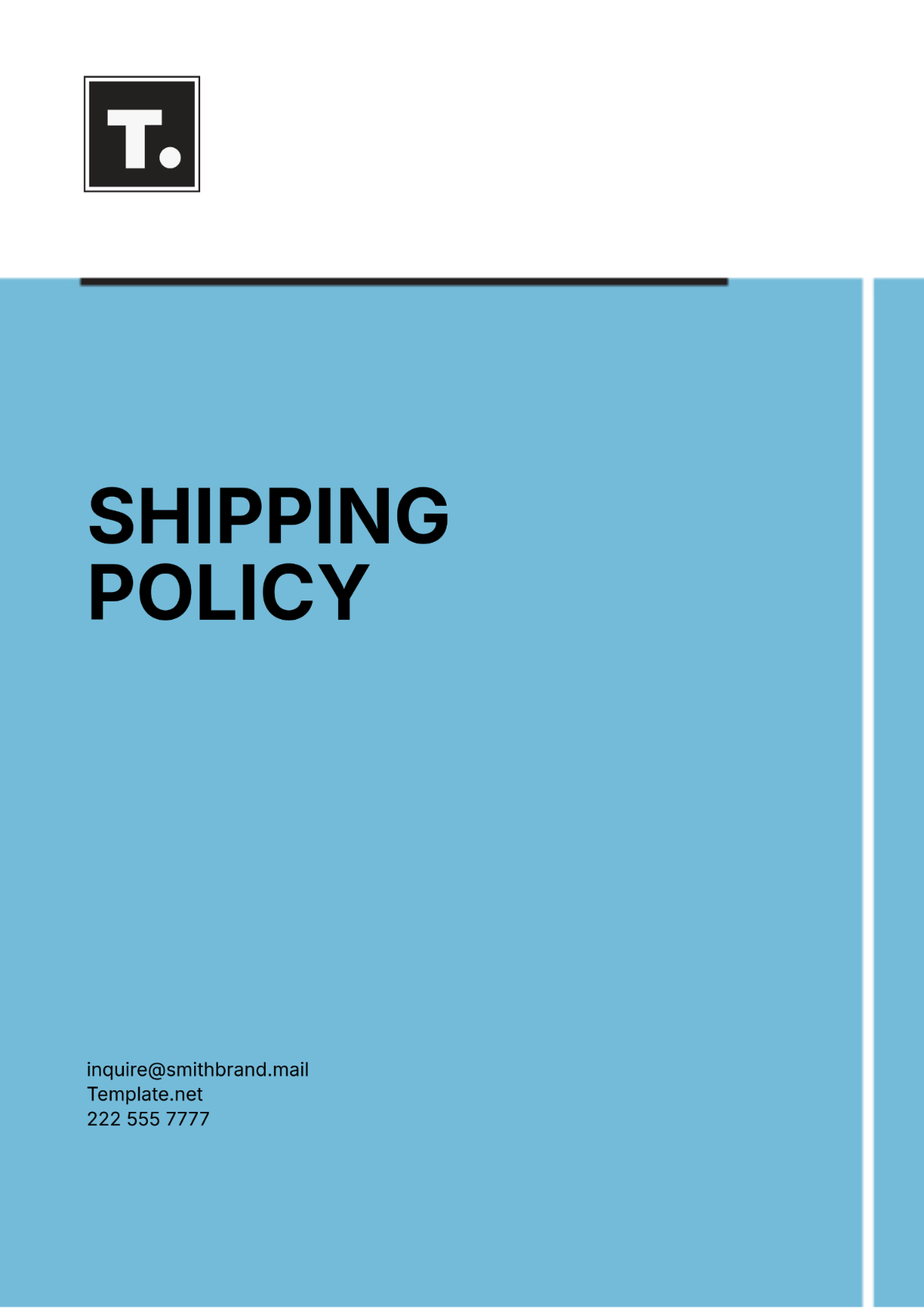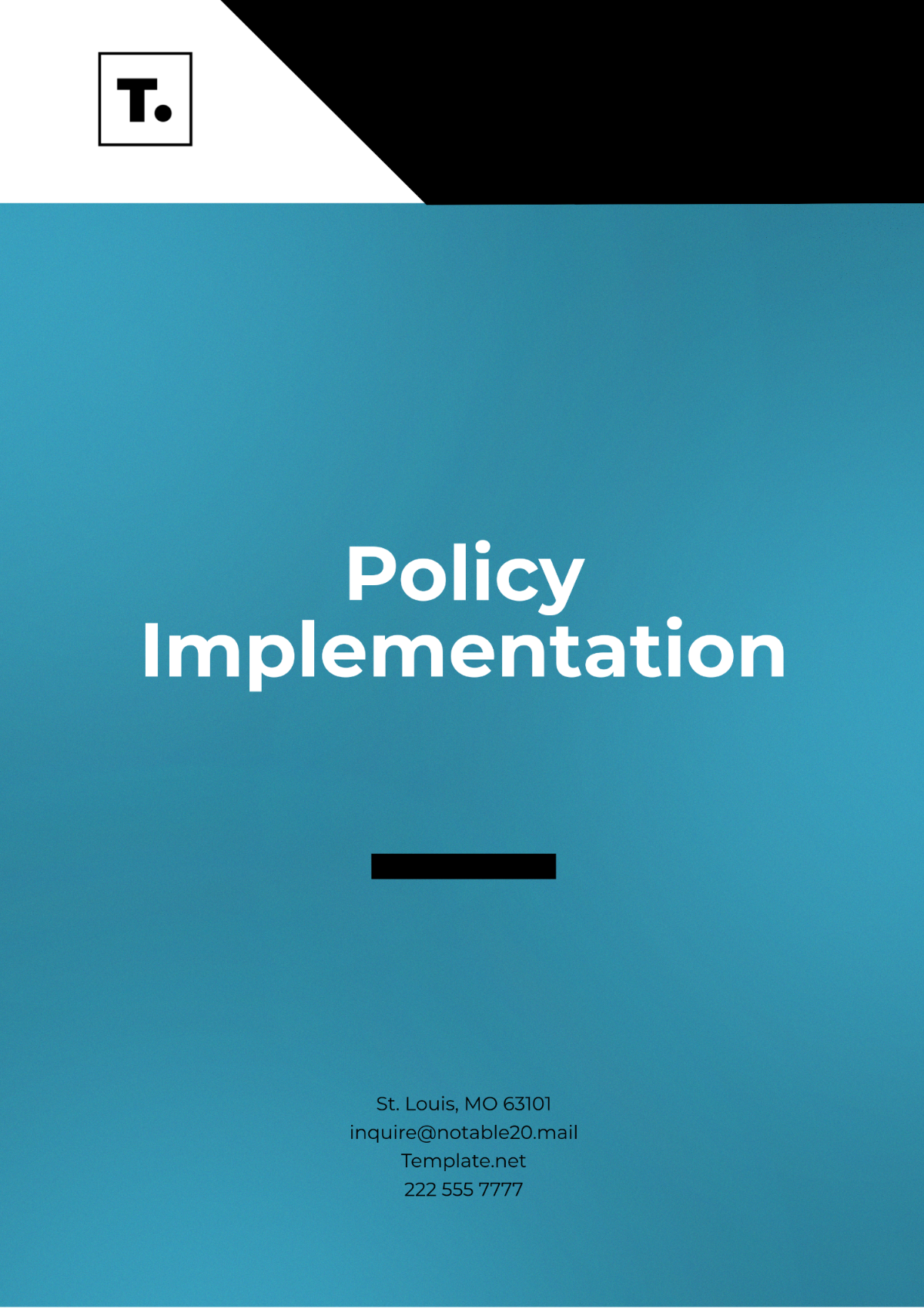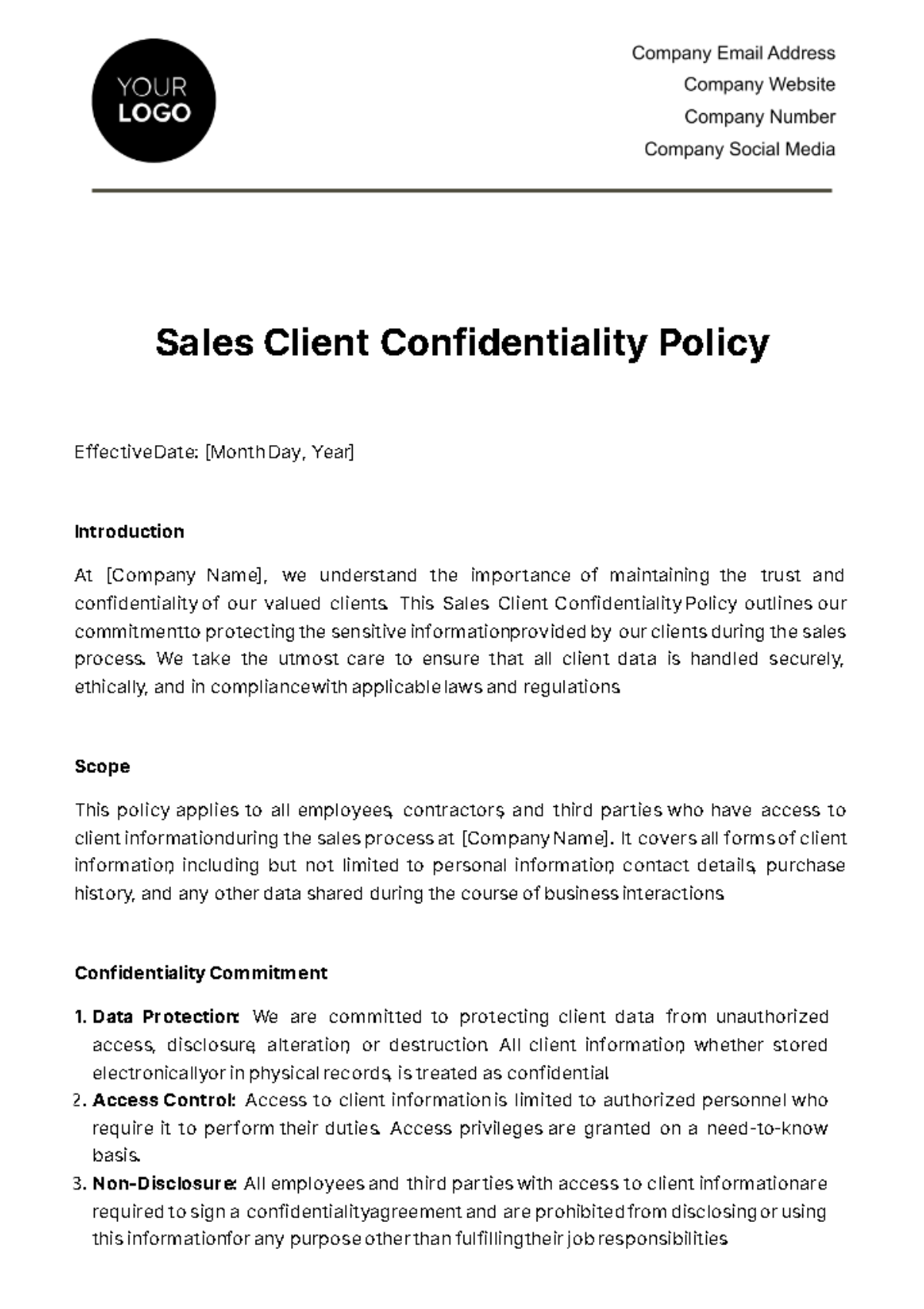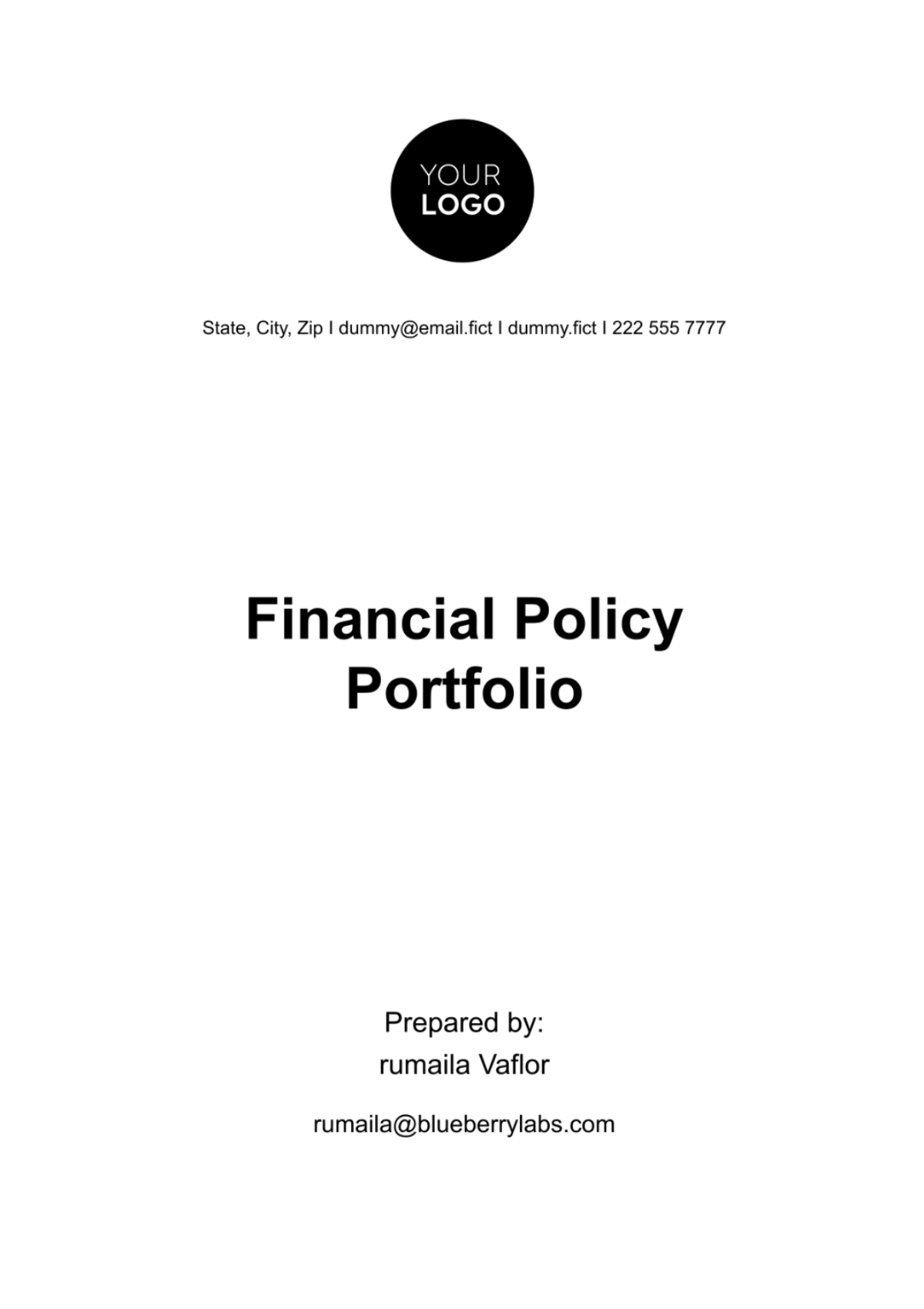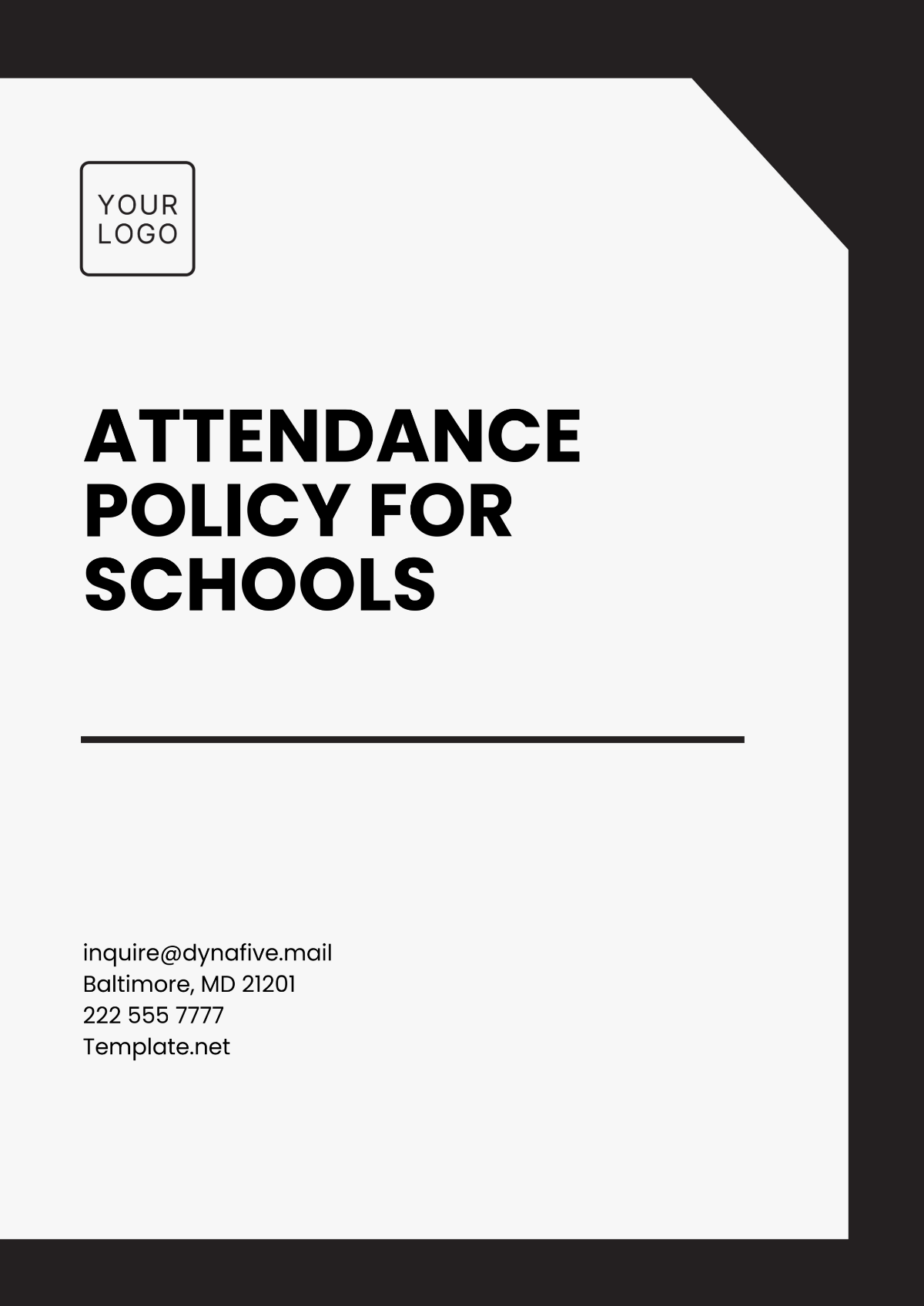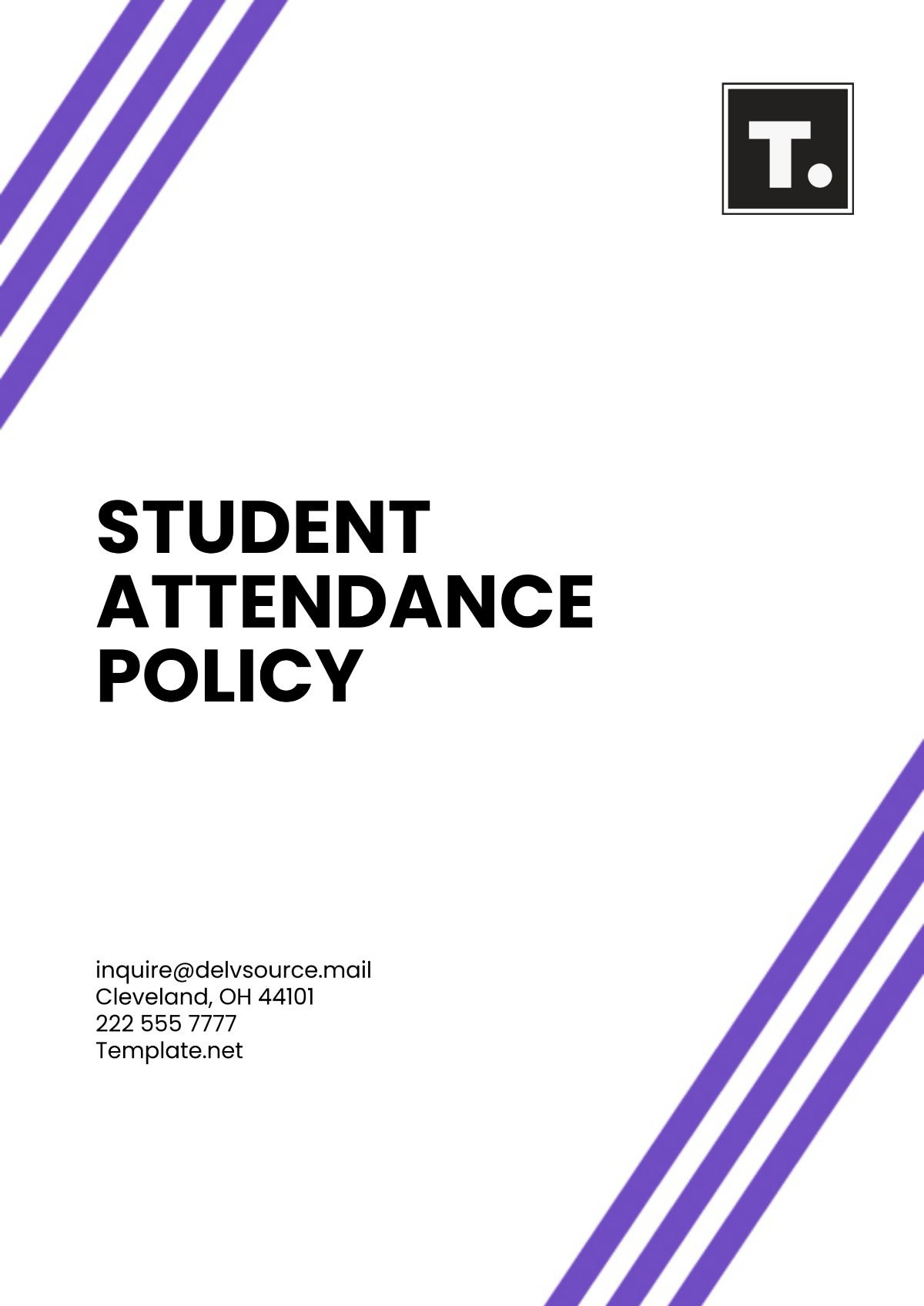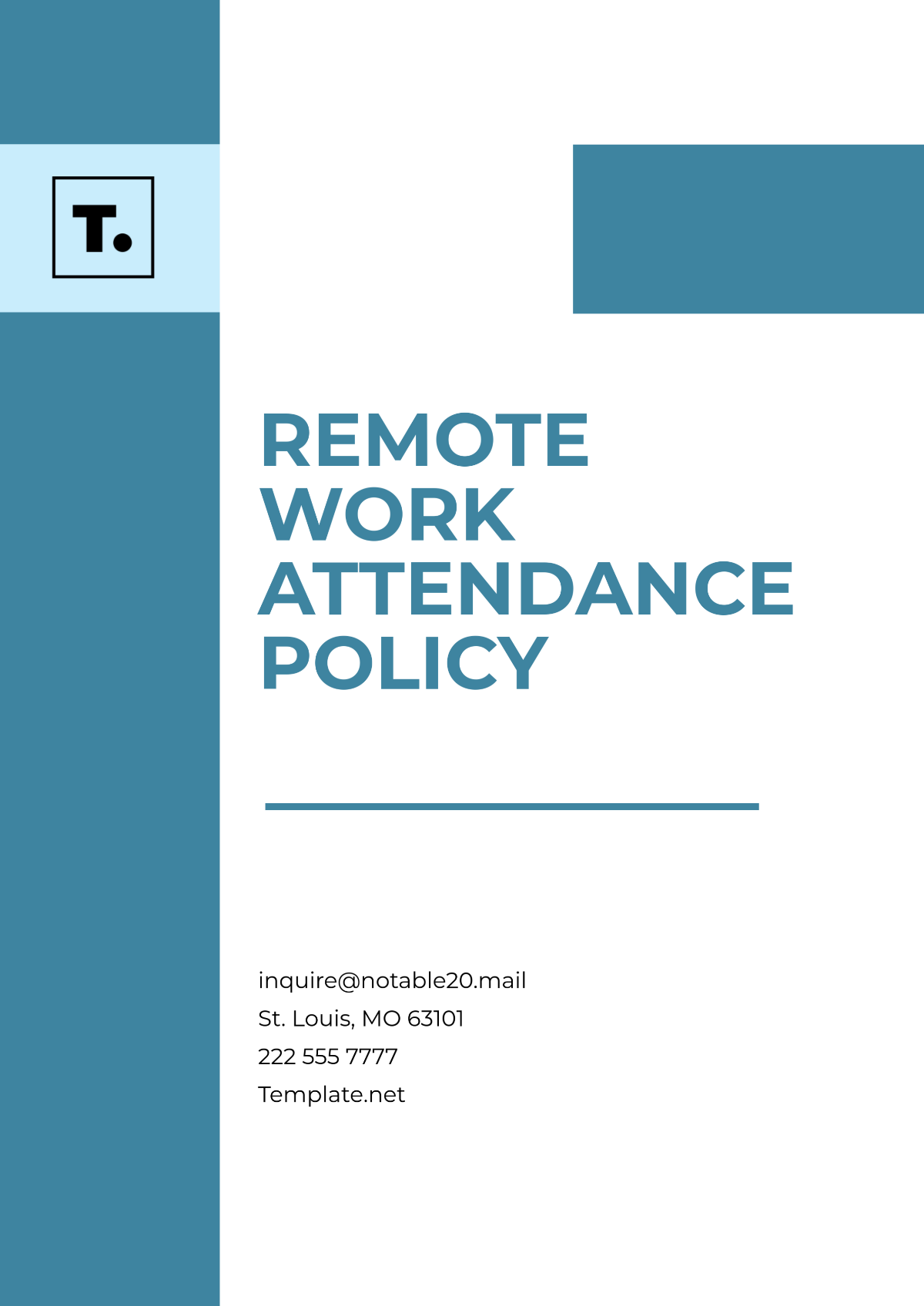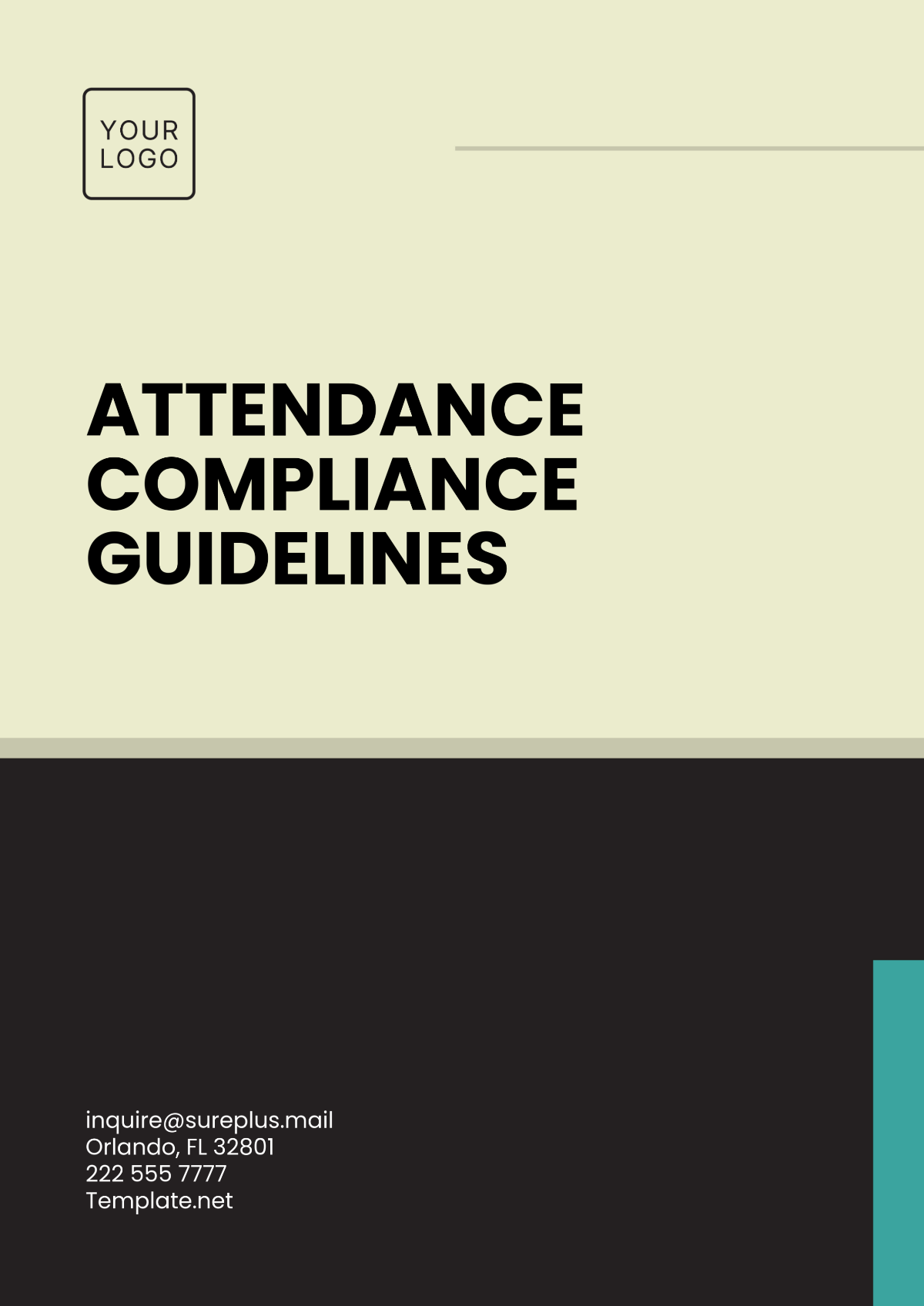Free Movie Theater Event Hosting Policy Design Template
Movie Theater Event Hosting Policy Design
I. Introduction
This policy outlines the procedures and standards for hosting and designing events at [Your Company Name]. This policy aims to ensure that all events are executed efficiently, meet the expectations of clients and guests, and align with the theater's operational standards. By providing clear guidelines for event planning, design, and execution, we strive to deliver memorable and successful events that enhance our theater's reputation and guest satisfaction.
This policy applies to all employees, management, and contractors involved in the planning, design, and execution of events at [Your Company Name]. It covers all aspects of event hosting, including booking procedures, design guidelines, and payment and pricing details.
II. Event Booking Procedures
Efficient booking procedures are critical for ensuring that events are scheduled and managed effectively. This section provides a structured approach to the booking process, allowing for smooth coordination and clear communication between [Your Company Name] and clients. By following these procedures, we aim to minimize conflicts, ensure availability, and establish clear terms for both parties involved.
A. Booking Request
The booking request initiates the event planning process and ensures that the theater's resources are allocated appropriately. This section describes how to submit and handle booking requests, providing a streamlined approach to initiating event planning.
Request Submission: Prospective clients should submit a booking request form detailing the event type, date, time, and any special requirements. Requests can be made via phone, email, or through our online booking system. The form should include preliminary details such as expected attendance, equipment needs, and any special accommodations.
Confirmation: Upon receipt, the Event Coordinator will review the request to ensure the date and space availability. A formal agreement will be drafted and sent to the client for approval, outlining key terms and conditions. Initial confirmation should also include an estimated cost and any additional requirements.
Preliminary Consultation: Offer a preliminary consultation to discuss the client’s vision and requirements, ensuring alignment with the theater’s capabilities.
Tentative Hold: For high-demand dates, consider placing a tentative hold to give the client time to finalize their decision without losing the date to another booking.
B. Event Agreement
The event agreement formalizes the booking and outlines the terms and conditions, ensuring both parties are clear on their obligations and expectations. This section describes the components of the agreement, which include crucial details for a successful event.
Agreement Details: The agreement will include the event date, time, space requirements, services provided, and any additional costs. Both parties must sign the agreement to confirm the booking. This document will also specify any cancellation or rescheduling policies.
Deposit: A deposit may be required to secure the booking. The amount and terms of the deposit will be specified in the agreement, ensuring financial commitment from the client.
Cancellation Terms: Include clear cancellation and rescheduling terms in the agreement to manage potential changes and protect both parties.
Insurance Requirements: Outline any insurance requirements or liability coverage needed for the event to safeguard against potential risks.
III. Event Design Guidelines
Consistent and creative event design is crucial for enhancing the overall experience and satisfaction of guests. This section provides detailed guidelines for designing and setting up events, ensuring that all design elements meet the client's vision while adhering to the theater's standards and operational constraints. Effective event design contributes to a cohesive and memorable guest experience.
A. Design Requirements
Event design involves planning the layout and aesthetics of the event space, ensuring that the environment aligns with the event's theme and objectives. This section outlines the requirements for event design to create an appealing and functional setup.
Layout and Setup: Collaborate with the Event Designer to plan the layout of seating, staging, and other elements based on the event type and client preferences. Ensure that the setup is functional and accommodates the expected number of guests.
Aesthetic Choices: Select decorations, lighting, and other design elements that align with the theme of the event and enhance the guest experience. Ensure that design choices adhere to safety and operational standards.
Accessibility Considerations: Incorporate accessibility features into the design to accommodate guests with disabilities, ensuring an inclusive experience for all attendees.
Flexible Design Options: Provide flexible design options that can be adapted based on the event's size and scope, allowing for last-minute changes if necessary.
B. Audio-Visual and Technical Needs
Audio-visual and technical requirements must be addressed to ensure a successful event, including the setup and operation of necessary equipment. This section describes the handling of these needs to guarantee that technical aspects support the event's objectives.
Equipment Rental: Arrange for the rental and setup of audio-visual equipment, including microphones, projectors, and sound systems. Verify compatibility with the theater’s existing equipment and ensure all necessary components are in place.
Technical Support: Provide on-site technical support during the event to manage equipment and address any issues that arise, ensuring seamless operation throughout the event.
Pre-Event Testing: Conduct thorough testing of all audio-visual and technical equipment before the event to identify and resolve any potential issues.
Backup Solutions: Prepare backup solutions for critical equipment to minimize disruptions in case of technical failures during the event.
IV. Event Execution
Proper execution of events is crucial for ensuring a smooth and successful experience for all parties involved. This section outlines the procedures for managing events on the day of the event, including setup, coordination, and guest services. Effective event execution ensures that the event runs smoothly and meets client expectations.
A. Pre-Event Setup
Setting up the event space according to the agreed design and layout is essential for a successful event. This section describes the setup process to ensure that the event environment is prepared and ready for guests.
Setup Timeline: Ensure that the event space is set up according to the design plan well in advance of the event start time. Allow time for any adjustments or last-minute changes, and confirm that all elements are in place and functioning as intended.
Vendor Coordination: Coordinate with any external vendors, such as caterers or entertainers, to ensure they have access to the space and are prepared for the event. Confirm that all vendor needs are met and that they adhere to the event schedule.
Staff Briefing: Brief all staff members involved in the event setup and management to ensure they understand their roles and responsibilities.
Logistics Check: Conduct a final logistics check to verify that all equipment, decorations, and materials are in place and functioning correctly.
B. Event Management
Effective management during the event involves coordinating efforts, addressing issues, and ensuring a positive experience for guests. This section describes the management process to maintain smooth operations and address any concerns promptly.
Event Oversight: Designate an Event Manager to oversee the event and handle any issues that arise. Ensure that all staff members are aware of their roles and responsibilities and are prepared to assist with any aspects of the event.
Guest Assistance: Provide assistance to guests as needed and ensure that their needs are addressed promptly. Monitor guest satisfaction and address any concerns or complaints in a timely manner.
Real-Time Problem Solving: Implement a real-time problem-solving approach to address any unforeseen issues or emergencies that may arise during the event.
Feedback Collection: Collect feedback from guests and clients after the event to evaluate the success of the event and identify areas for improvement.
V. Payments and Pricing
Transparent and clear payment and pricing policies are essential for managing financial aspects of event hosting. This section outlines the payment structures and pricing details for hosting events, providing clients with clear expectations and ensuring that financial transactions are handled efficiently.
A. Pricing Structure
The pricing structure outlines the costs associated with hosting an event at the theater. This section describes the different pricing components and how they are calculated.
Custom Pricing Packages: Offer custom pricing packages based on the specific needs and preferences of the client, providing flexibility in pricing and services.
Discounts and Promotions: Provide information on any available discounts or promotional offers that may apply to certain types of events or booking periods.
Event Type | Base Fee | Additional Costs | Total Estimated Cost |
|---|---|---|---|
Corporate Meeting | $2,000 | $500 (AV Equipment) + $300 (Catering) | $2,800 |
Wedding Reception | $3,500 | $1,000 (Decorations) + $500 (Lighting) | $5,000 |
Concert | $4,000 | $1,500 (Sound System) + $800 (Security) | $6,300 |
Private Party | $1,500 | $300 (AV Equipment) + $200 (Additional Setup) | $2,000 |
B. Payment Terms
Payment terms outline the conditions for financial transactions related to event hosting. This section describes the payment schedule and accepted methods.
Deposit and Balance: Specify the amount of the deposit required to secure the booking and the deadline for payment of the remaining balance. Include terms for handling late payments or overdue balances.
Accepted Methods: List accepted payment methods, such as credit cards, checks, or electronic transfers, and provide instructions for making payments.
Refund Policies: Outline the refund policies in case of event cancellations or changes, including any non-refundable deposits or fees.
Billing Statements: Provide detailed billing statements to clients that clearly itemize all charges and payments, ensuring transparency in financial transactions.
VI. Policy for Each Event Handled
Establishing clear policies for handling each event ensures that every event is managed consistently and meets the theater’s operational standards. This section outlines the specific policies to be followed for managing individual events, providing a structured approach to ensure that all events are executed effectively and in accordance with the theater’s guidelines.
A. Event Planning and Coordination
Effective planning and coordination are crucial for ensuring that all aspects of an event are addressed and managed efficiently. This section describes the policies for planning and coordinating events to ensure that they proceed smoothly from start to finish.
Planning Stages: Follow a structured planning process that includes initial consultations, design and layout planning, and coordination with vendors and staff. Ensure that all stages of planning are completed in a timely manner to allow for adequate preparation.
Coordination Responsibilities: Assign specific roles and responsibilities to staff members involved in the event, including event coordinators, technical support, and customer service representatives. Ensure that all staff are aware of their duties and are prepared to execute them effectively.
Communication Channels: Establish clear communication channels among all parties involved in the event, including clients, staff, and vendors, to facilitate smooth coordination and address any issues promptly.
Contingency Planning: Develop contingency plans for potential challenges or issues that may arise during the event, including backup solutions for critical components and procedures for handling emergencies.
B. Event Execution and Management
Proper execution and management are essential for delivering a successful event and ensuring that all aspects are handled effectively. This section outlines the policies for executing and managing events to maintain high standards and ensure a positive experience for all attendees.
On-Site Management: Designate an Event Manager to oversee the event on-site, ensuring that all aspects are handled according to the plan and addressing any issues that arise. Ensure that the Event Manager is supported by a team of staff members responsible for various aspects of the event.
Guest Services: Provide high-quality guest services throughout the event, including assistance with any requests or concerns and maintaining a welcoming and professional atmosphere. Monitor guest satisfaction and address any issues in real-time.
Event Timeline: Follow a detailed event timeline to ensure that all activities and tasks are completed according to schedule and that the event runs smoothly from start to finish.
Post-Event Review: Conduct a post-event review to evaluate the success of the event, gather feedback from clients and guests, and identify areas for improvement.
VII. Review and Updates
Regular review and updates to the event hosting and design policy ensure that it remains effective and relevant to current practices and client needs. This section describes the process for reviewing and updating the policy, ensuring continuous improvement and adaptation.
A. Policy Review
The event hosting and design policy should be reviewed periodically to ensure it addresses any changes in regulations, best practices, or organizational needs. This section outlines the review process.
Annual Review: The policy will be reviewed annually to evaluate its effectiveness and make necessary adjustments. The review process will include input from various stakeholders, including event managers and clients.
Updates: Based on the review findings, updates or changes will be made to the policy. All staff members will be informed of these changes to ensure compliance.
Stakeholder Feedback: Collect feedback from clients and employees regarding the policy to identify areas for improvement and ensure it meets their needs.
Regulatory Compliance: Ensure that the policy complies with any new regulations or industry standards that may affect event hosting.
B. Document Changes
Documenting and communicating changes to the policy ensures that all employees are aware of and understand any modifications. This section describes how changes will be handled.
Notify Staff: Communicate all policy changes through internal channels such as meetings, emails, and updates to the employee handbook. Ensure that all staff are aware of and understand the new procedures.
Update Documentation: Maintain updated documentation of the policy and provide access to the latest version to all relevant parties.
Implementation Plan: Develop an implementation plan for policy changes to ensure a smooth transition and effective adoption of new procedures.
Training on Changes: Offer additional training or briefings on policy changes to ensure that all employees are familiar with the updated procedures and requirements.
Adhering to these guidelines ensures that [Your Company Name] delivers successful and well-executed events that meet client expectations and enhance the theater’s reputation. For any questions or clarifications regarding this policy, please contact [Your Name] via [Your Email].
